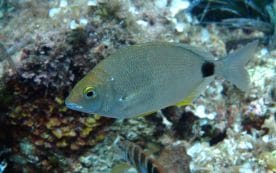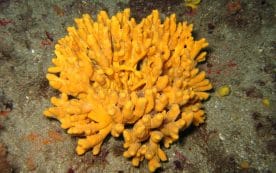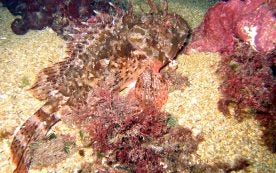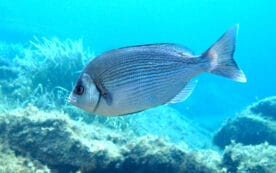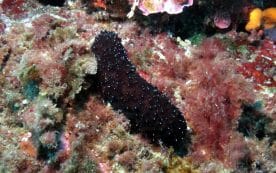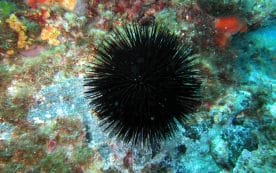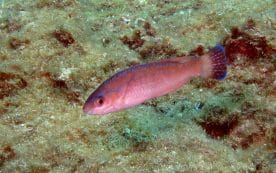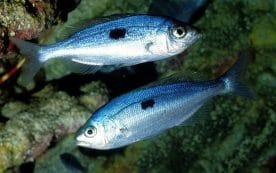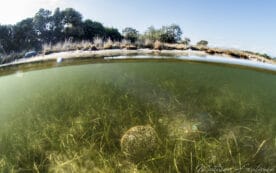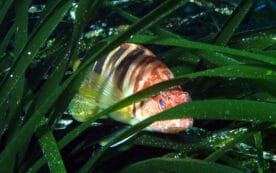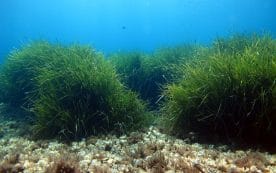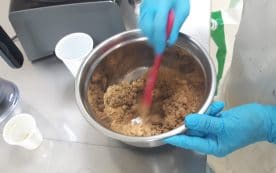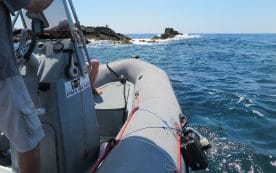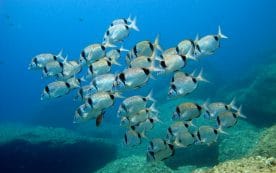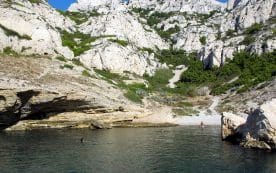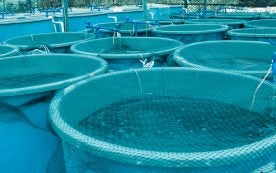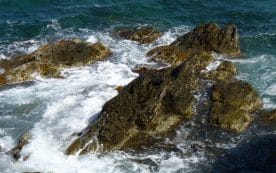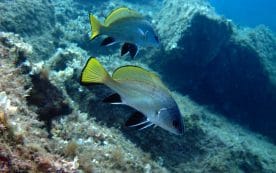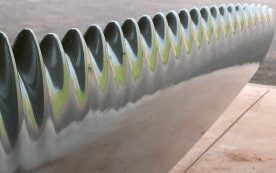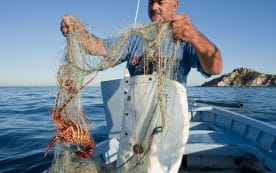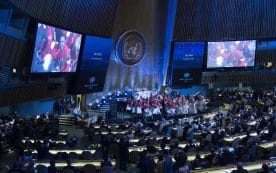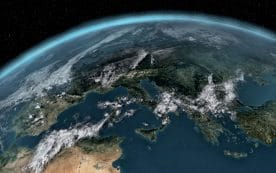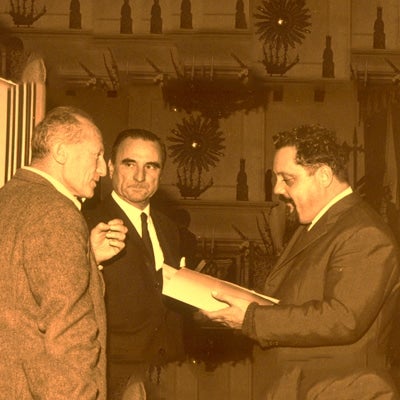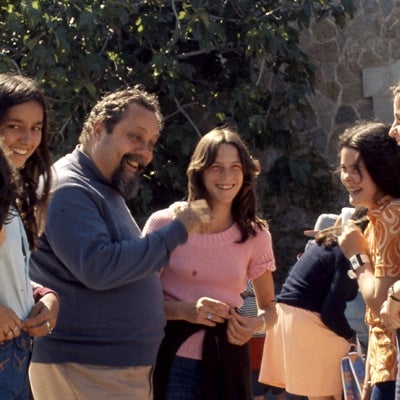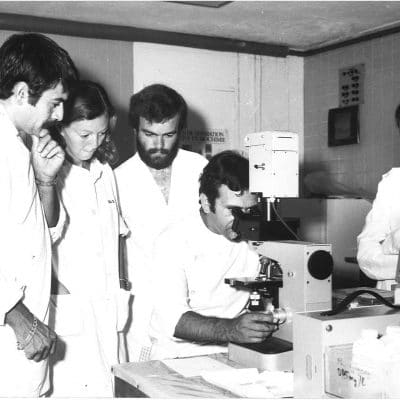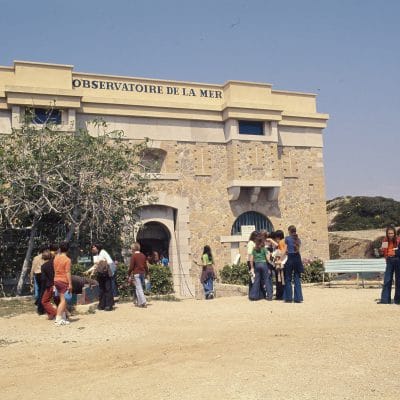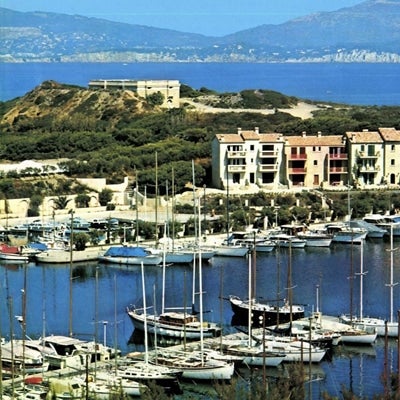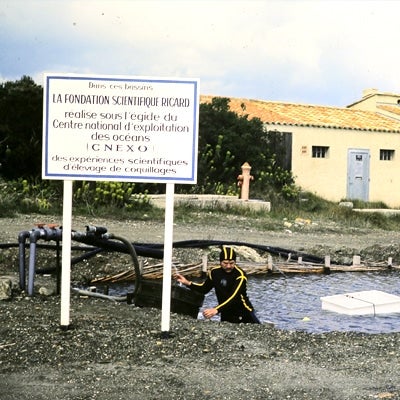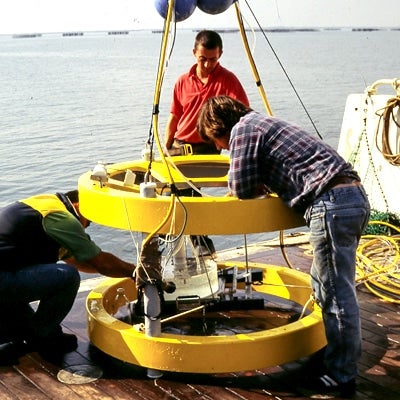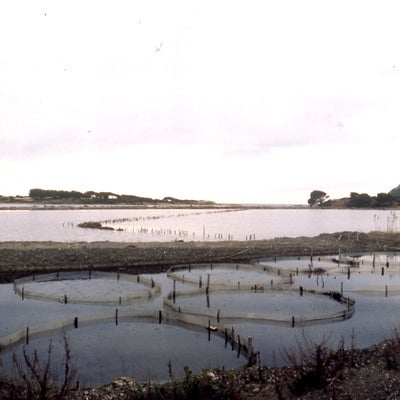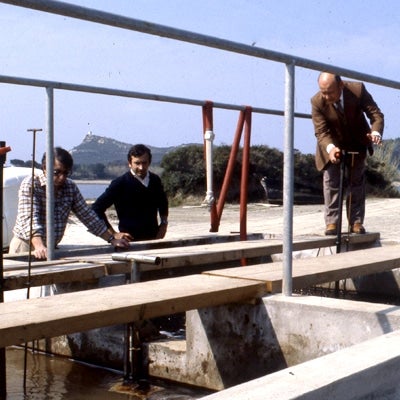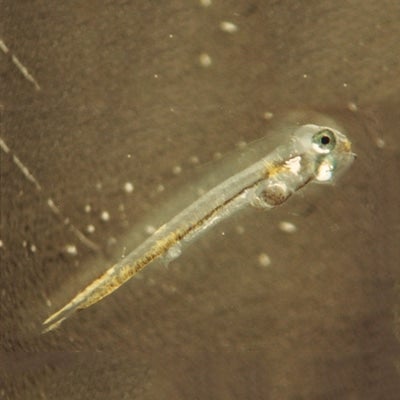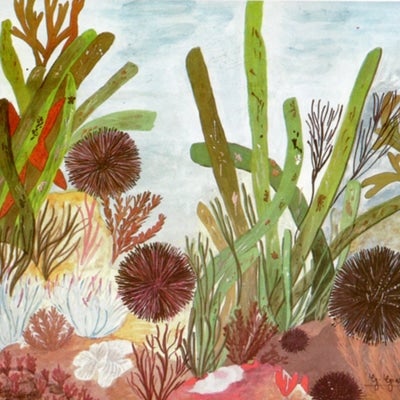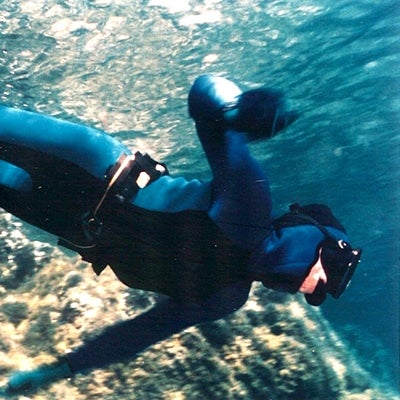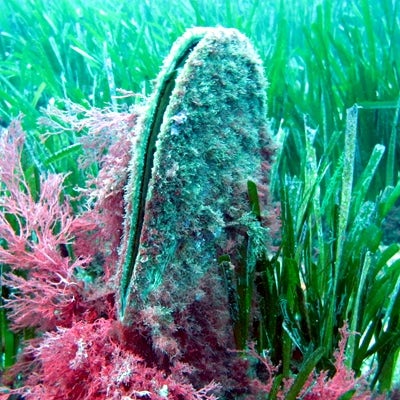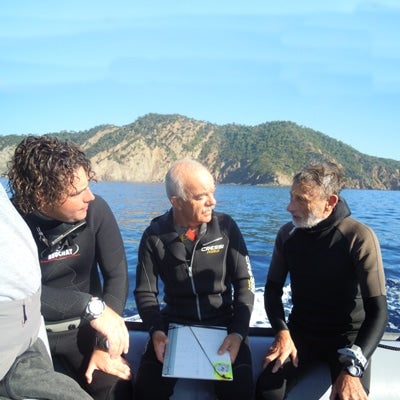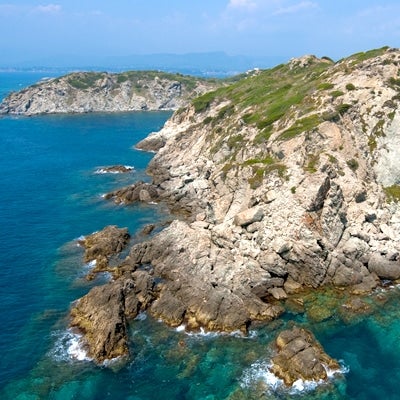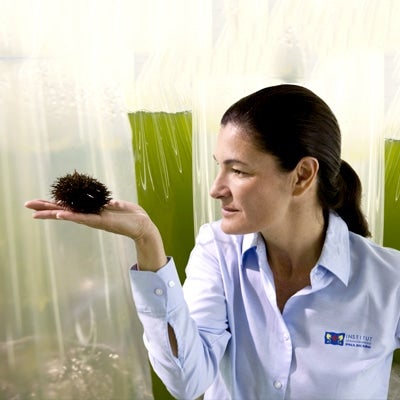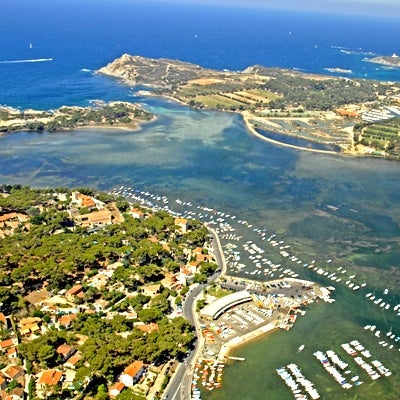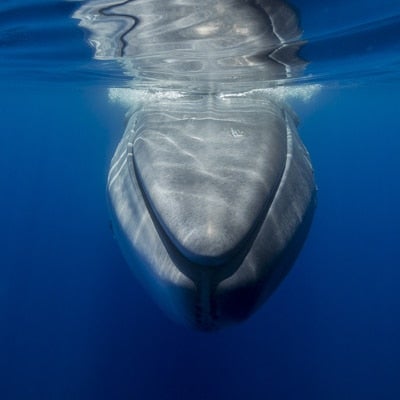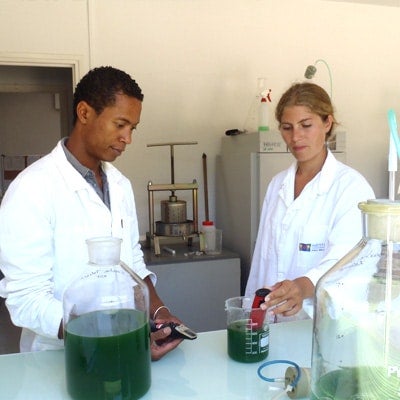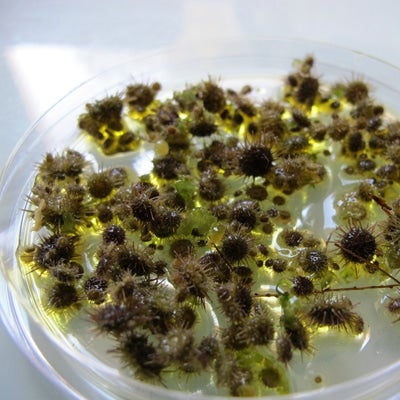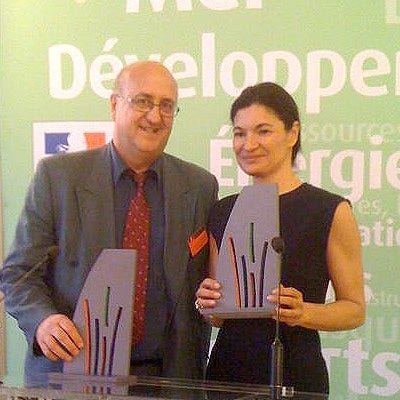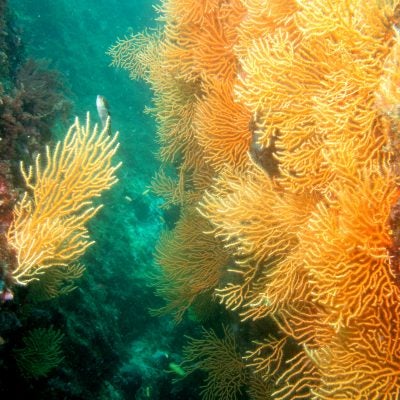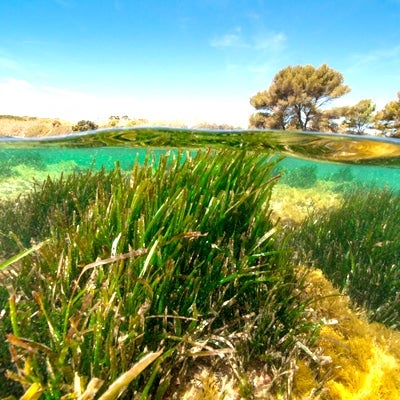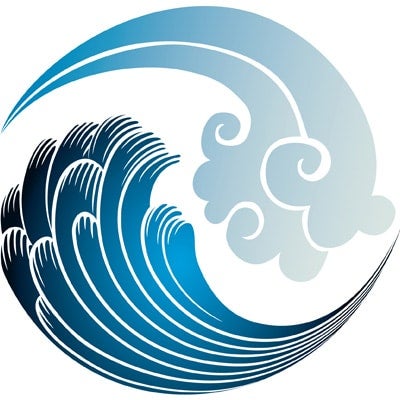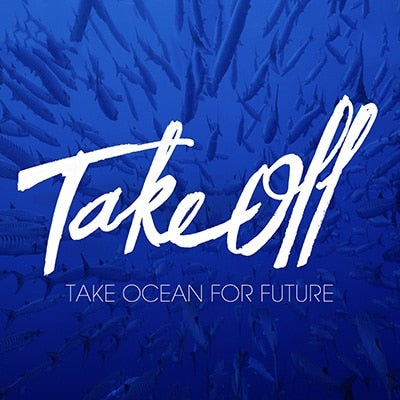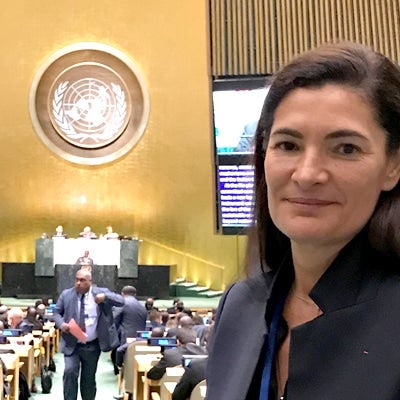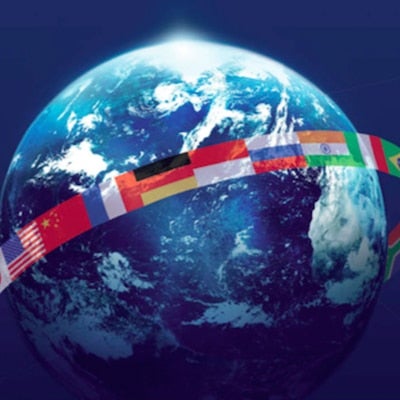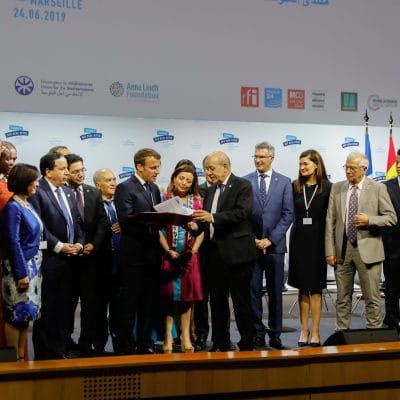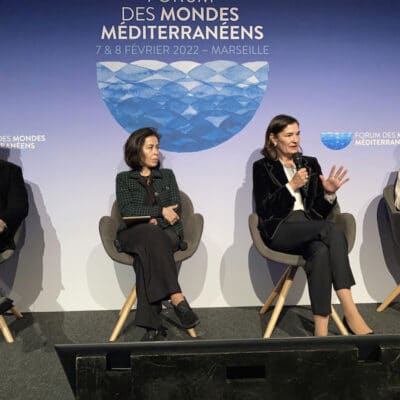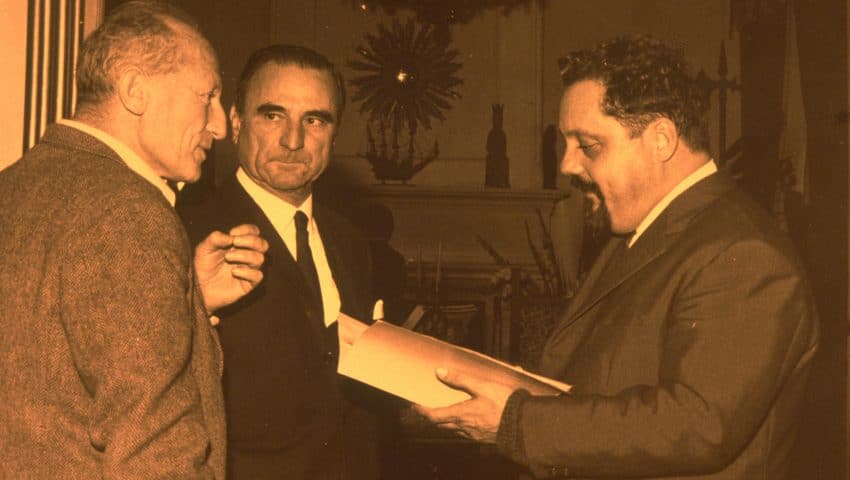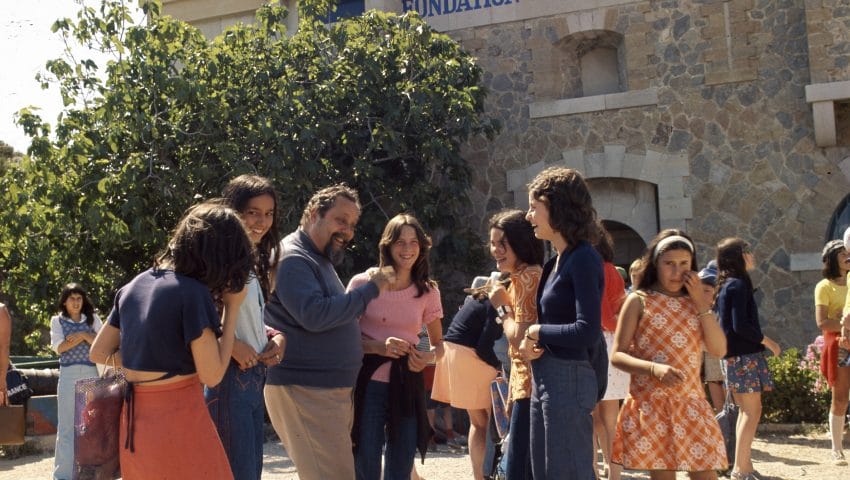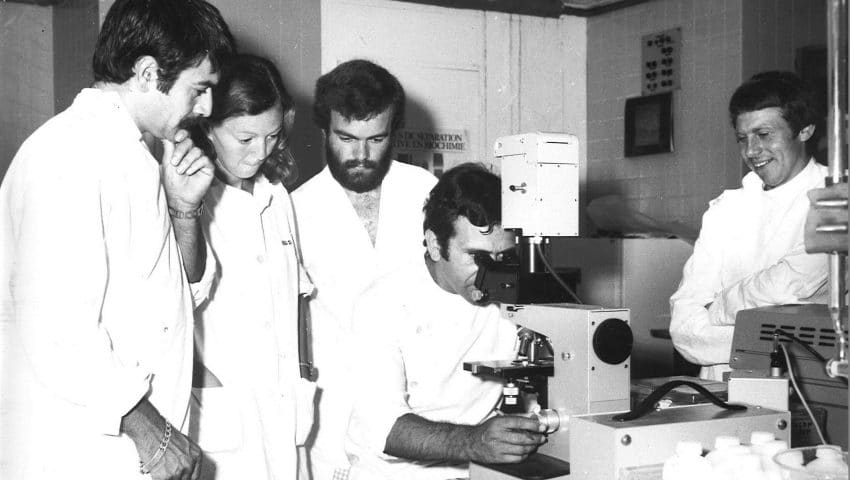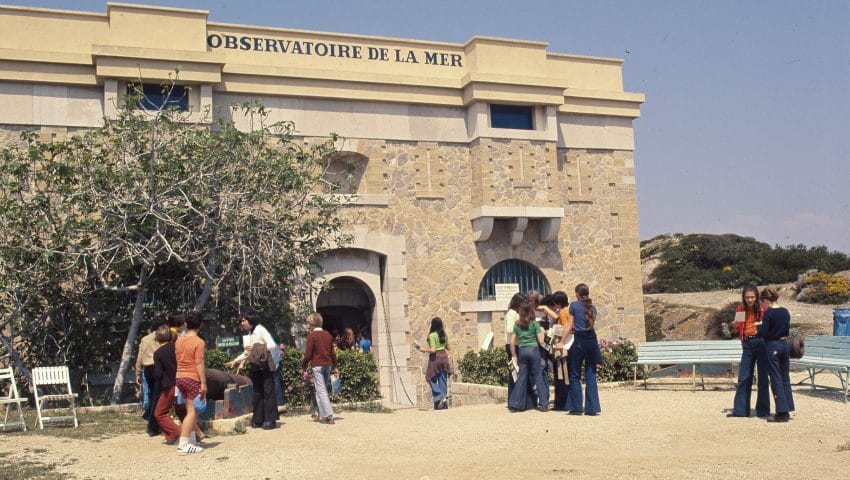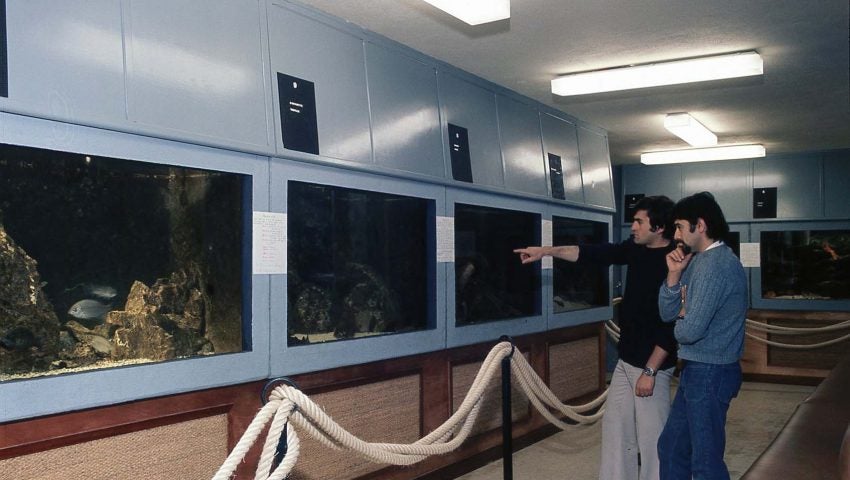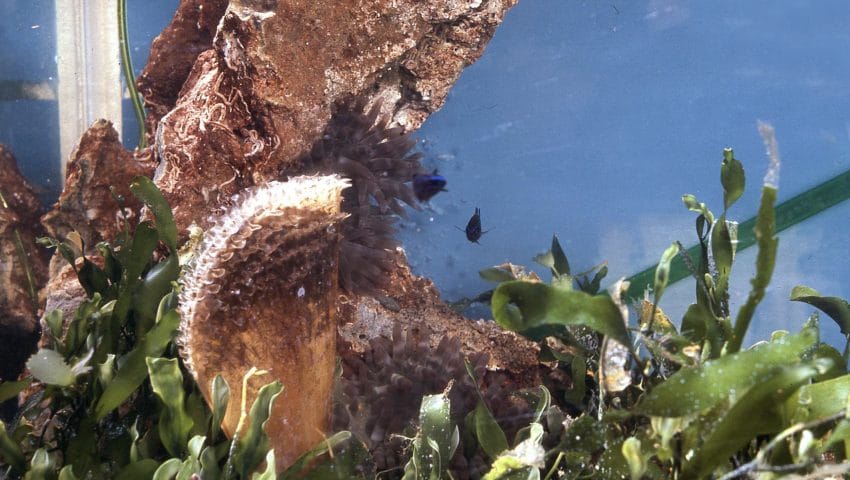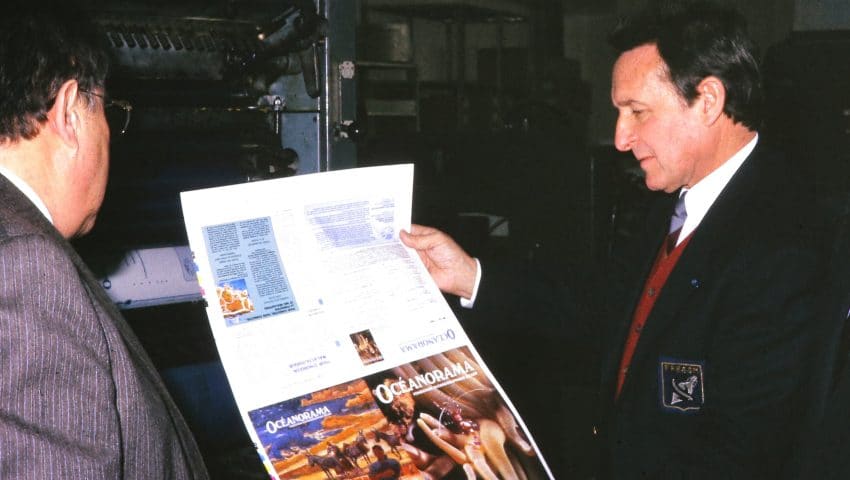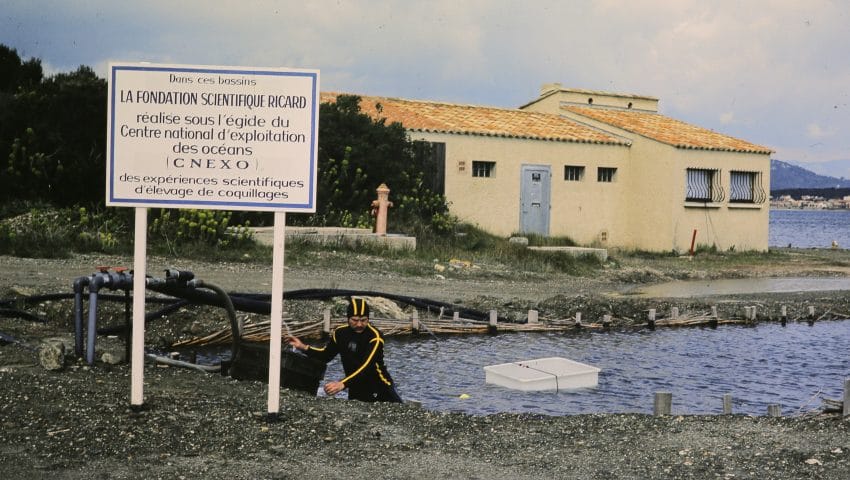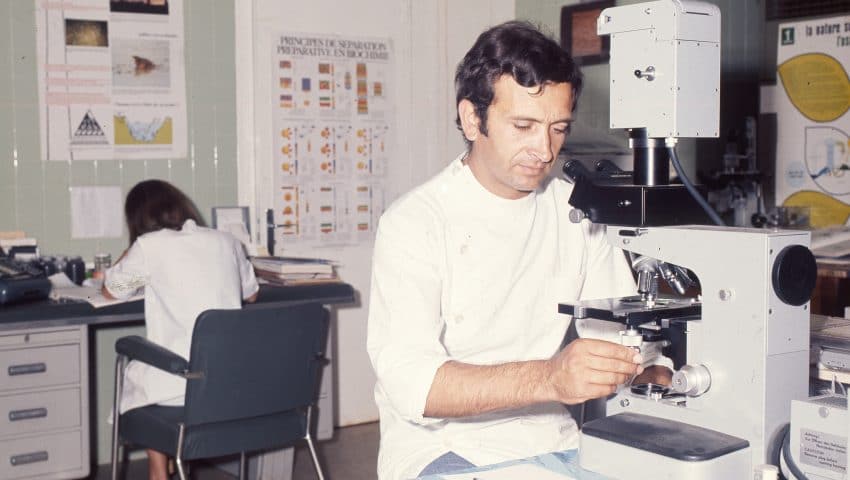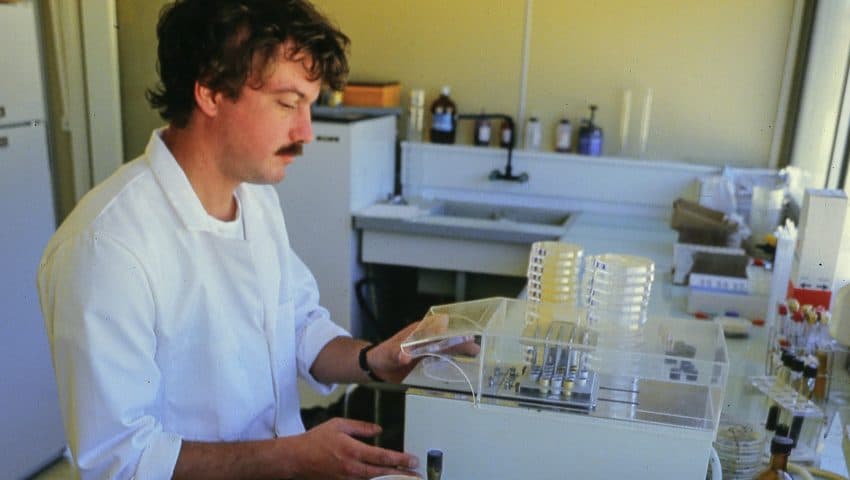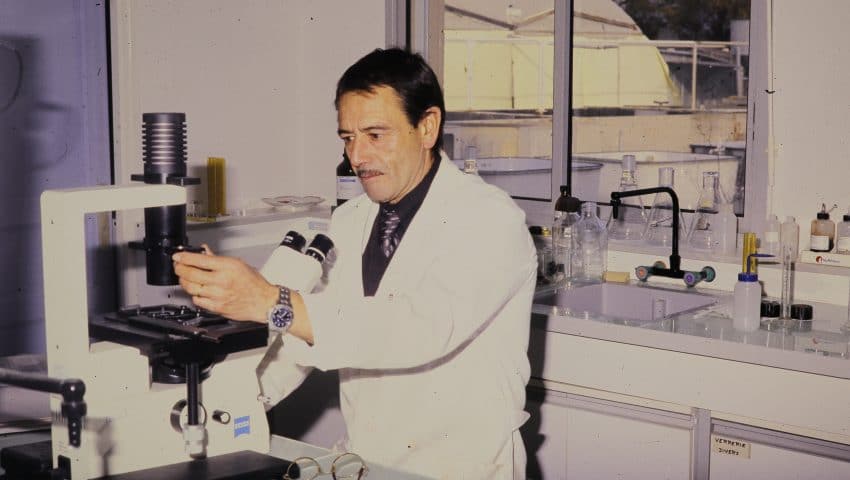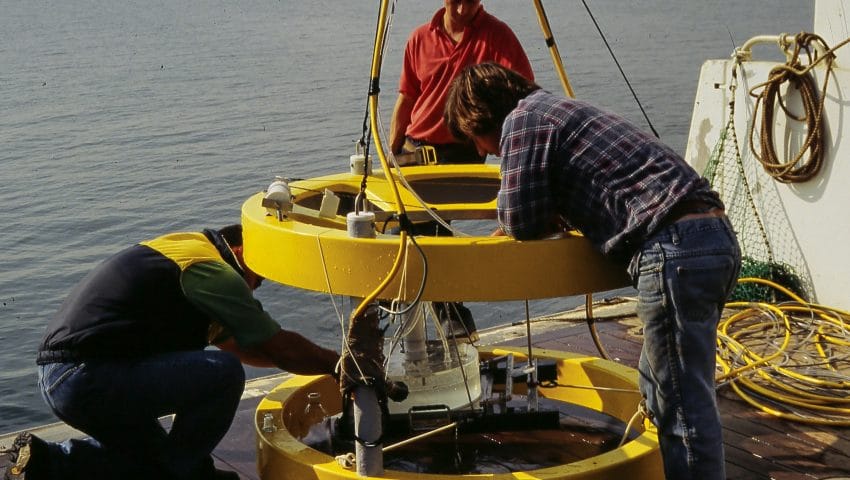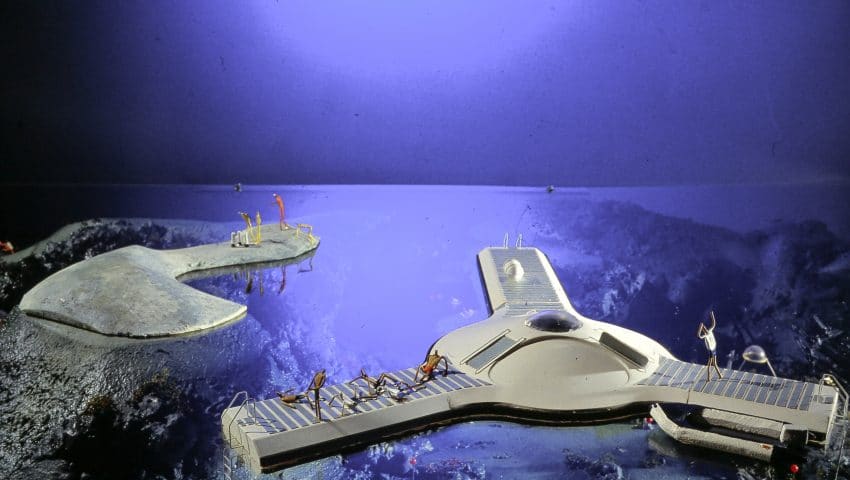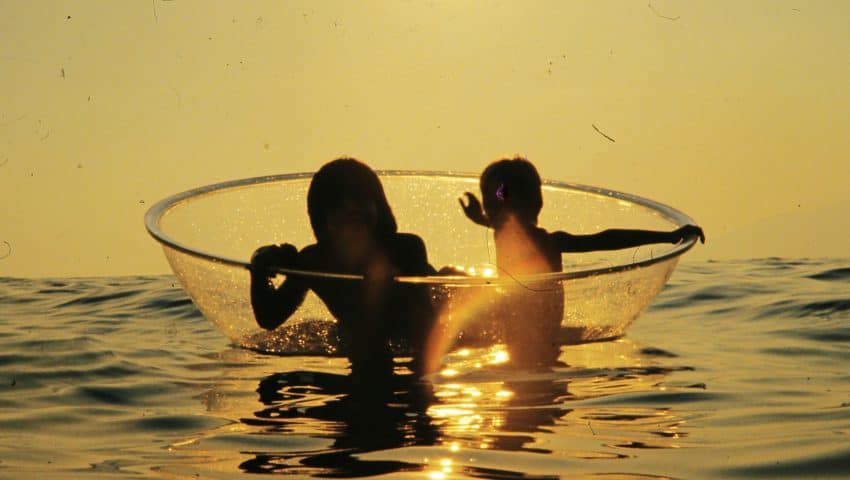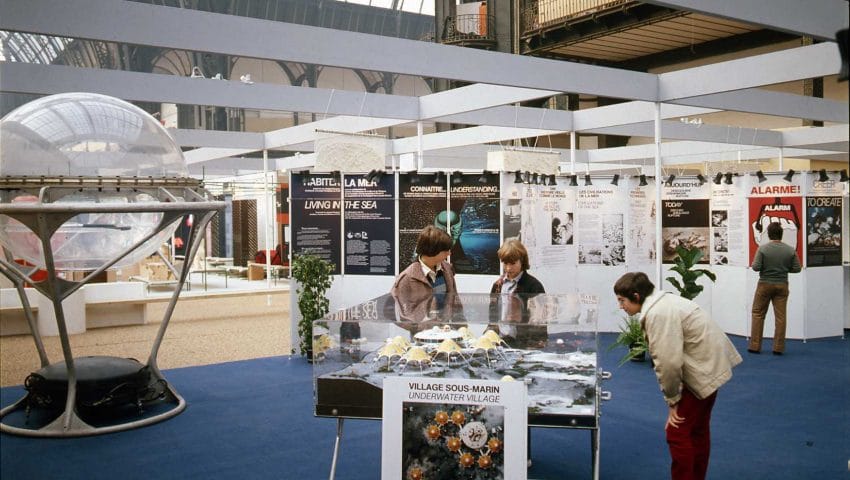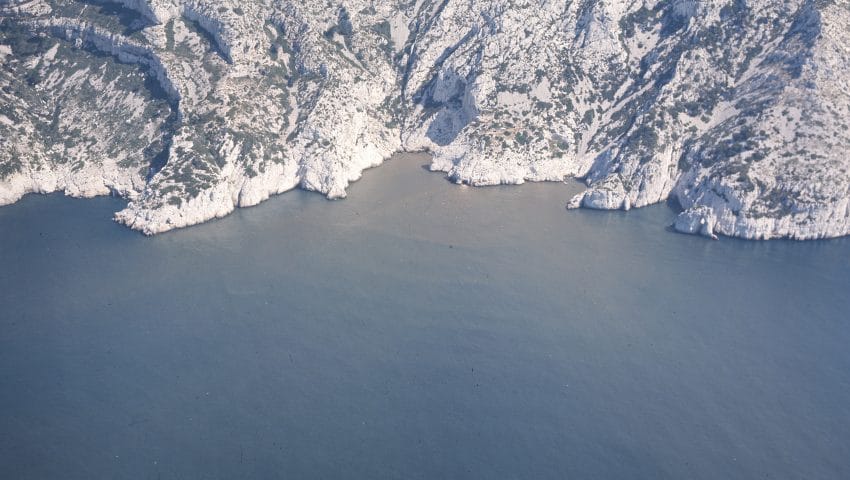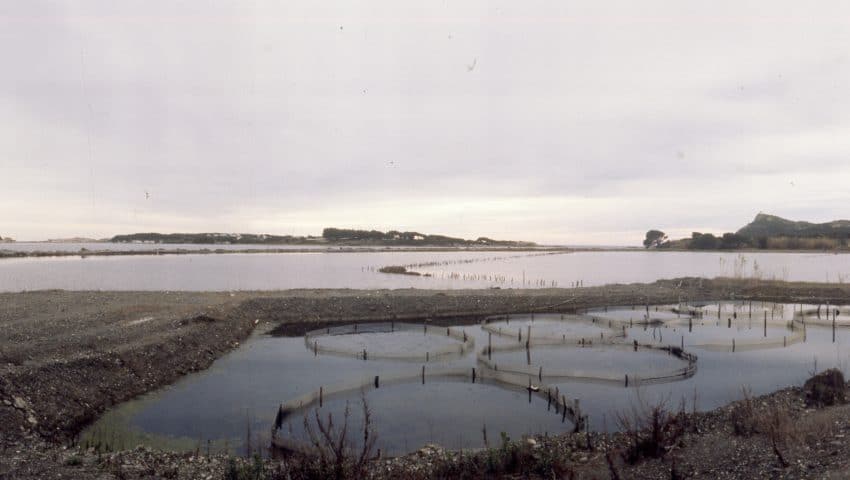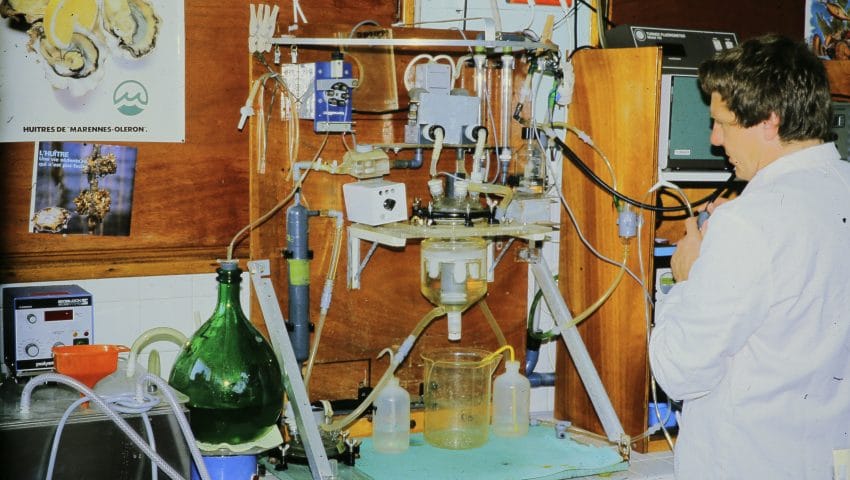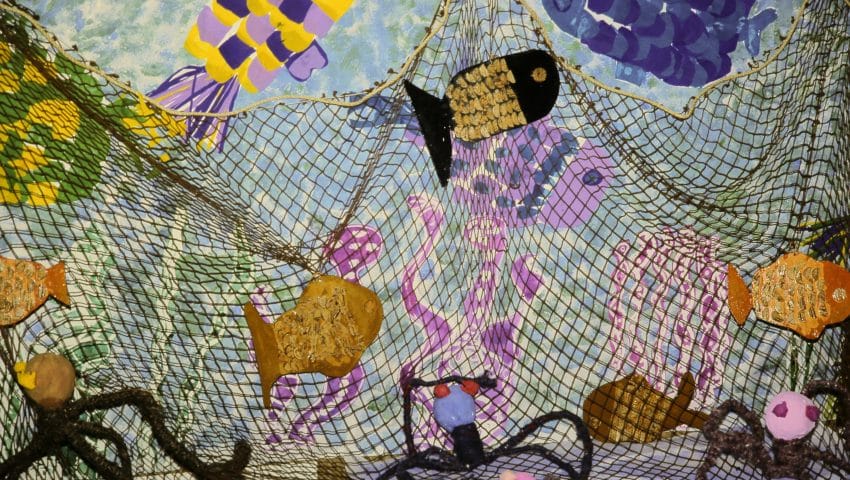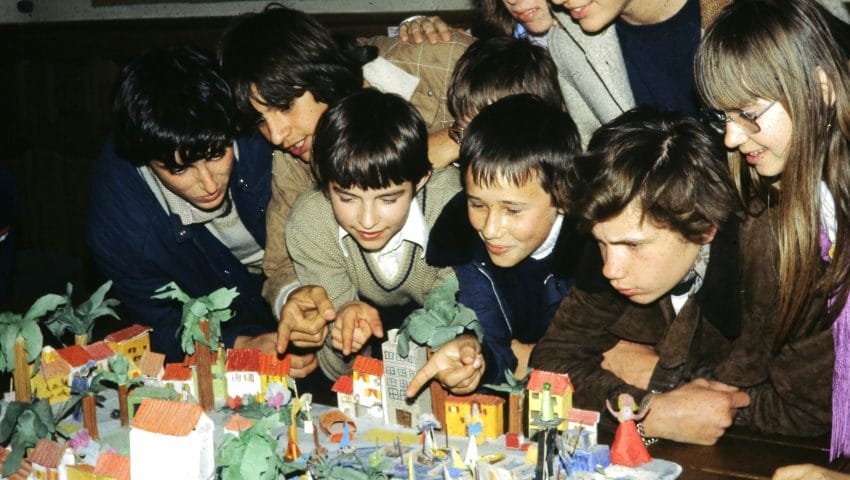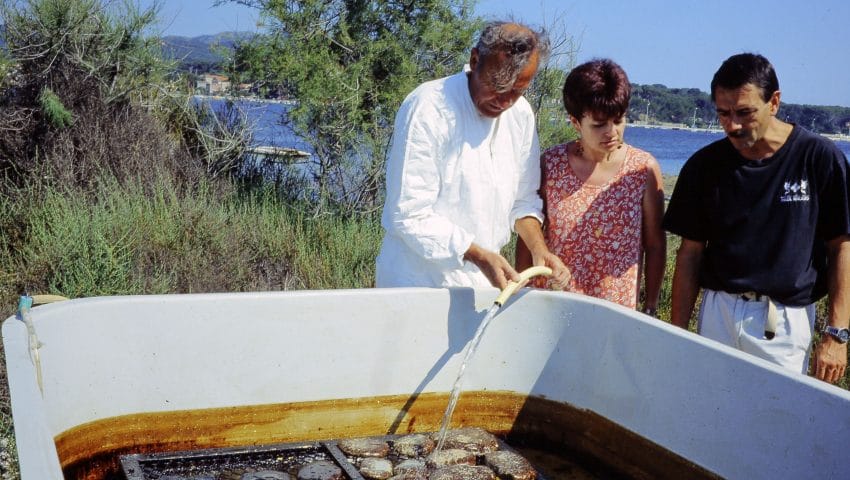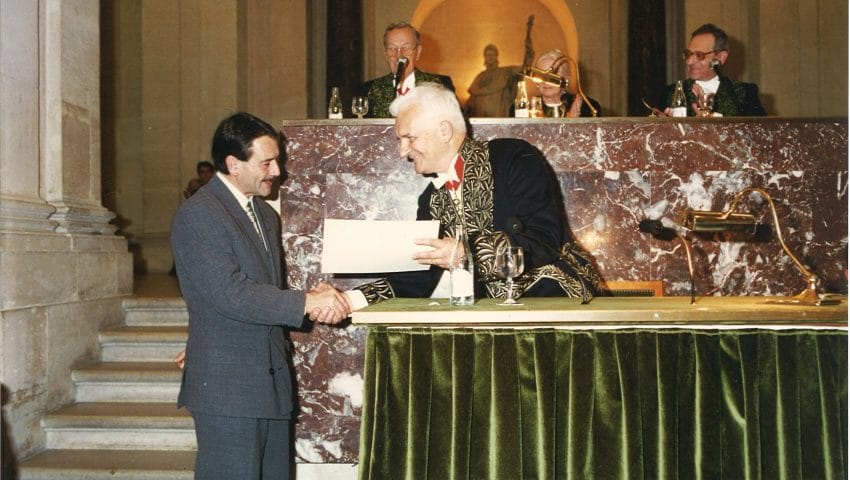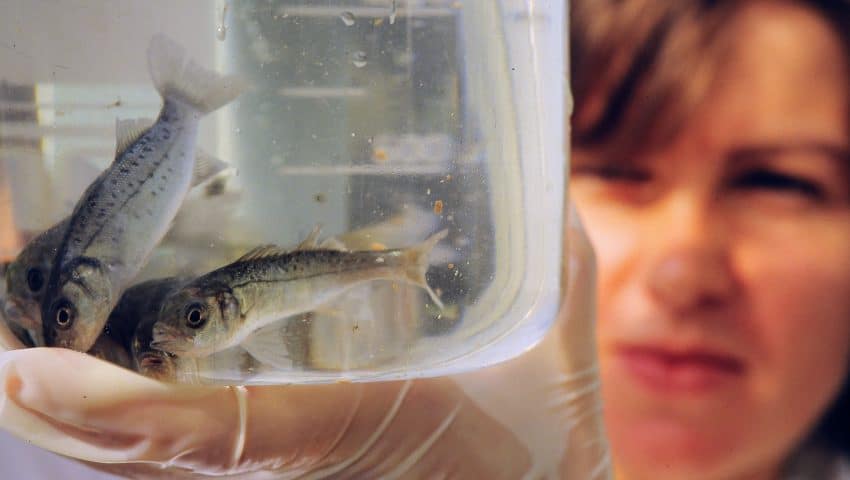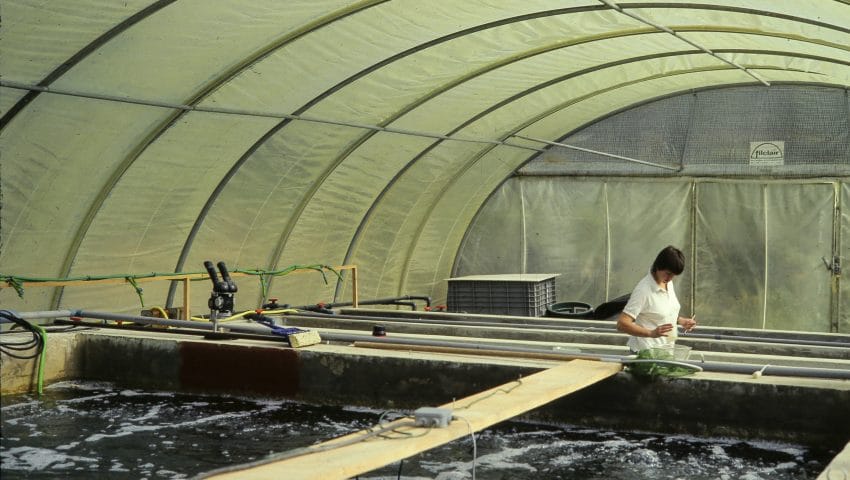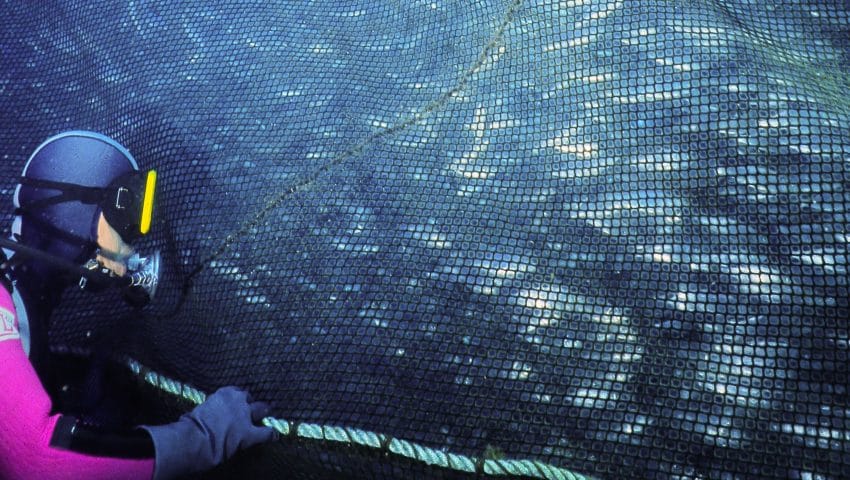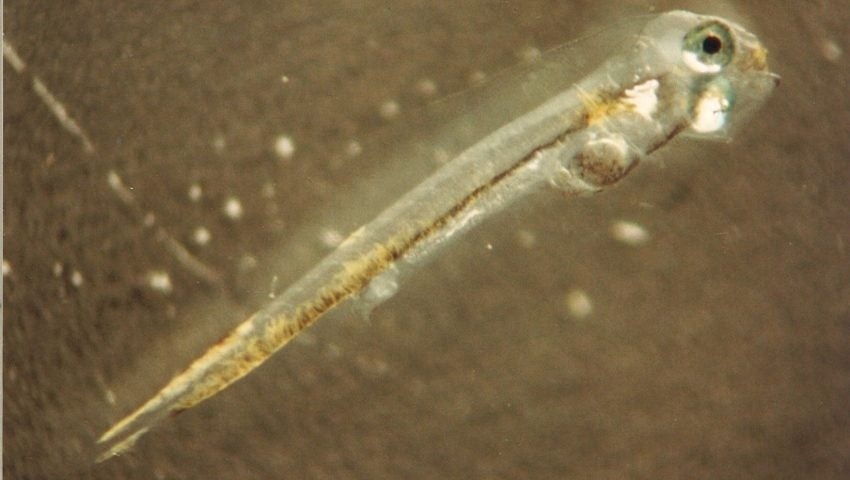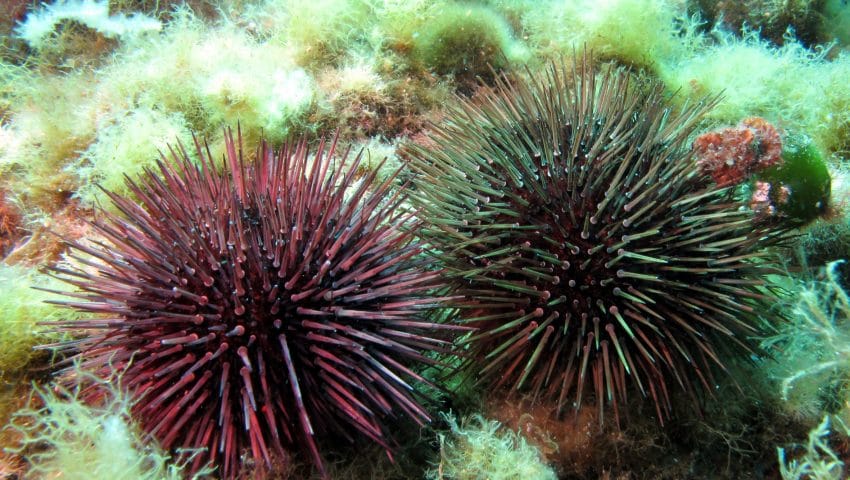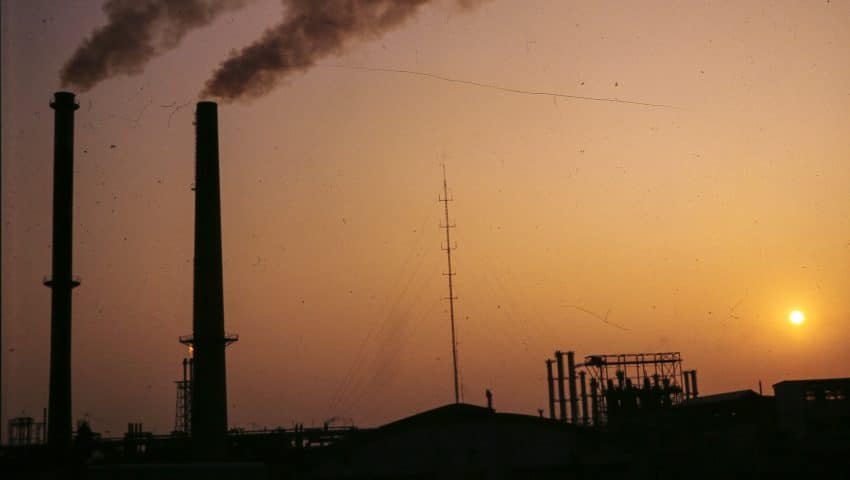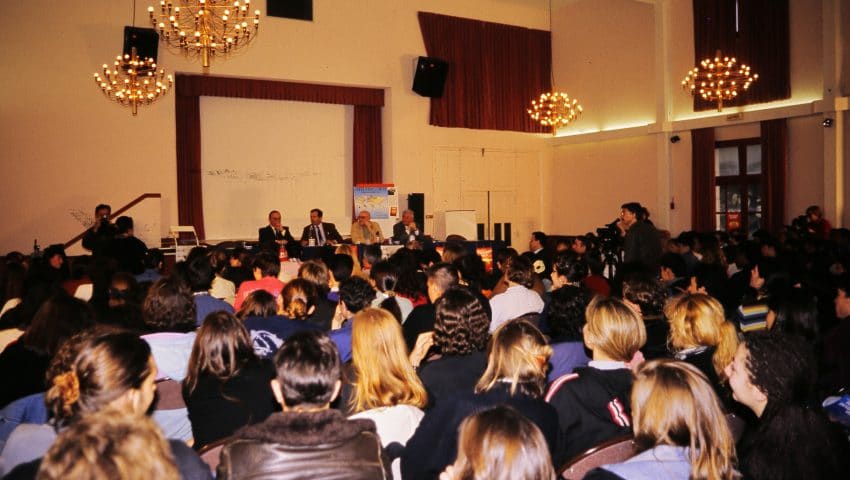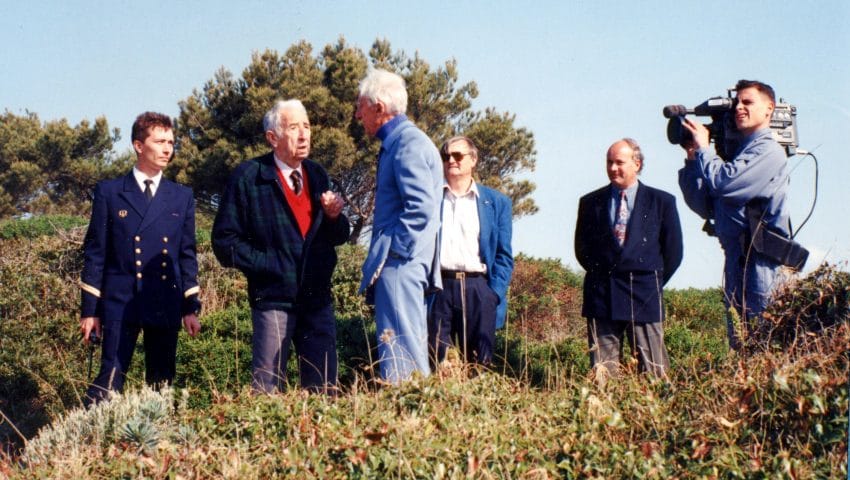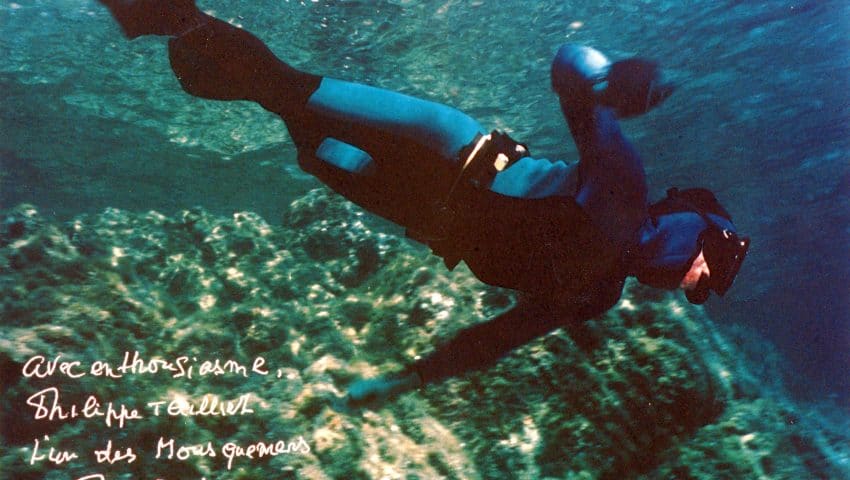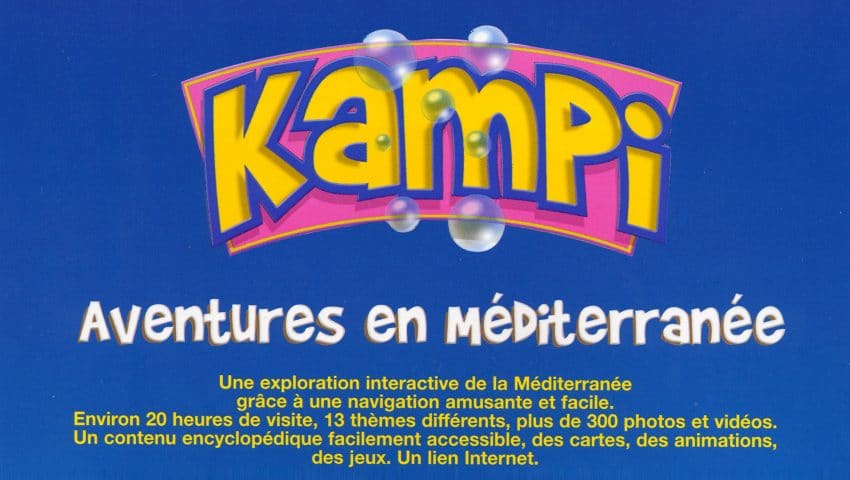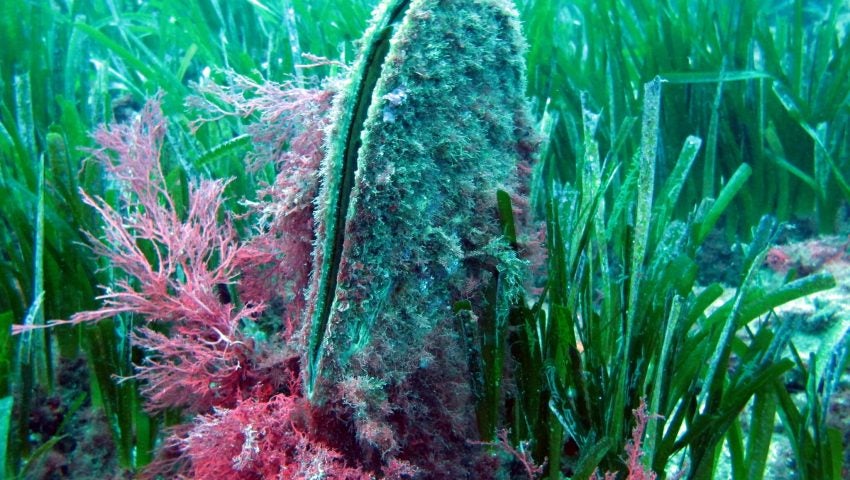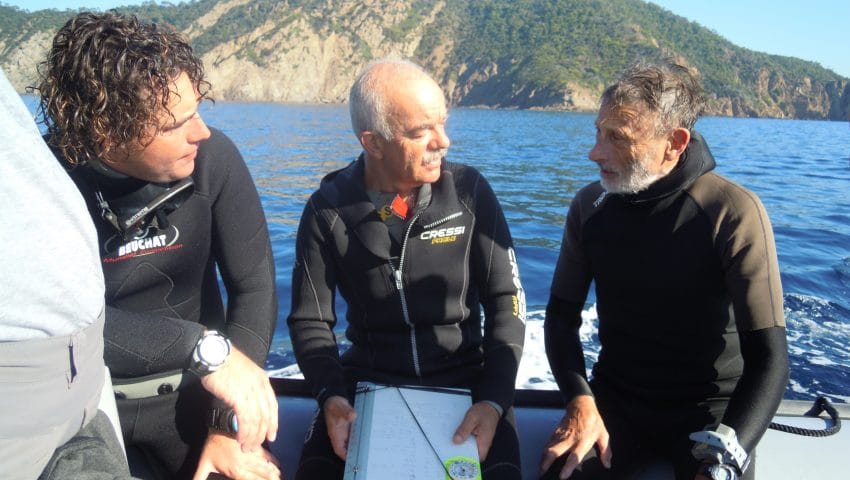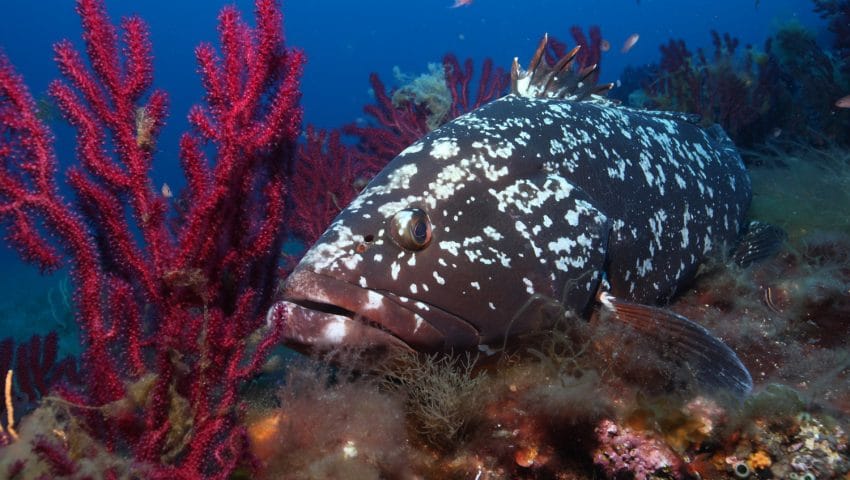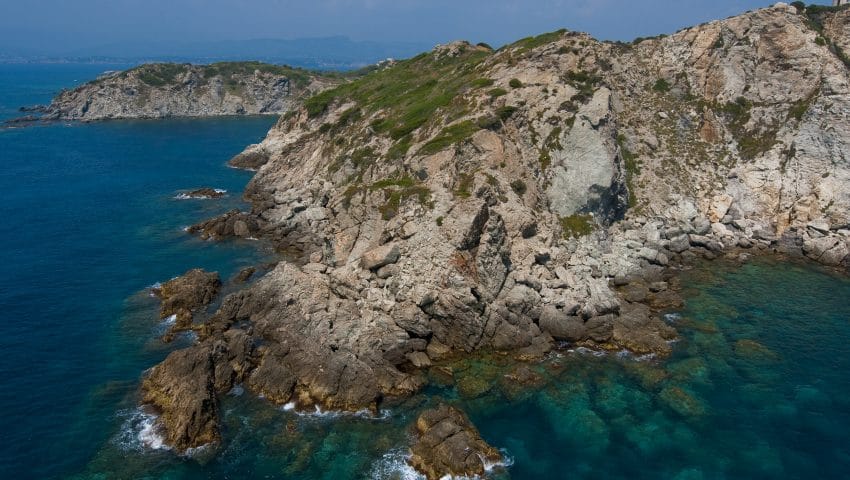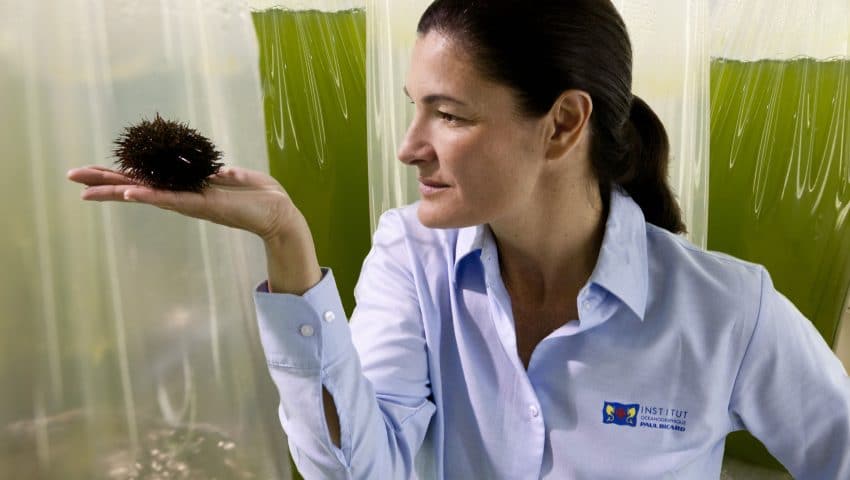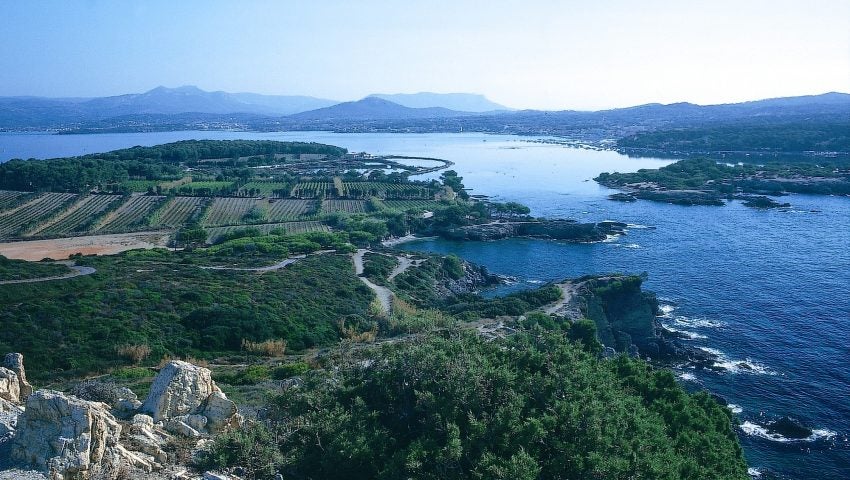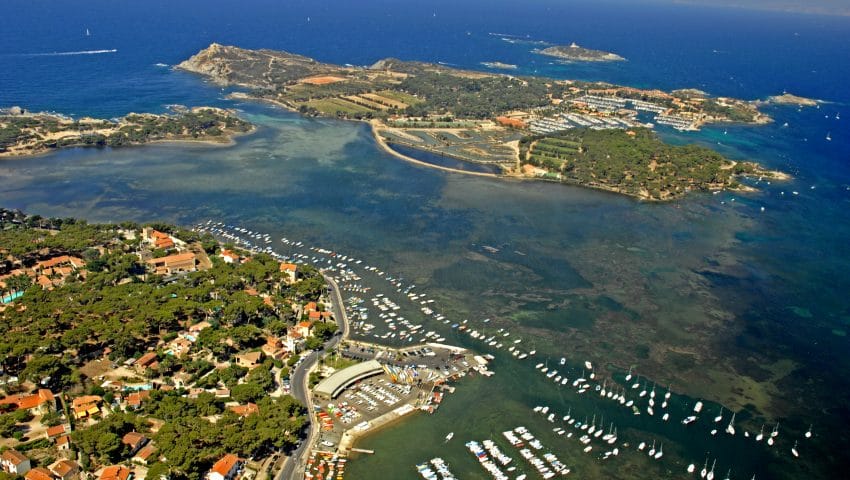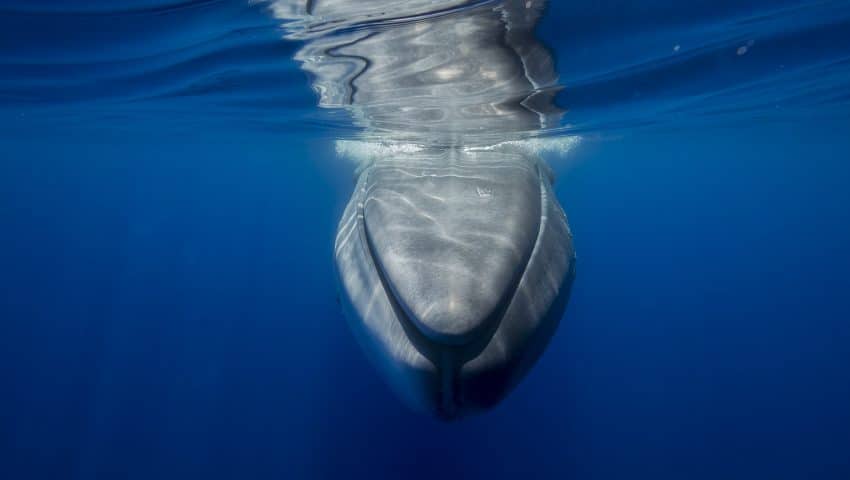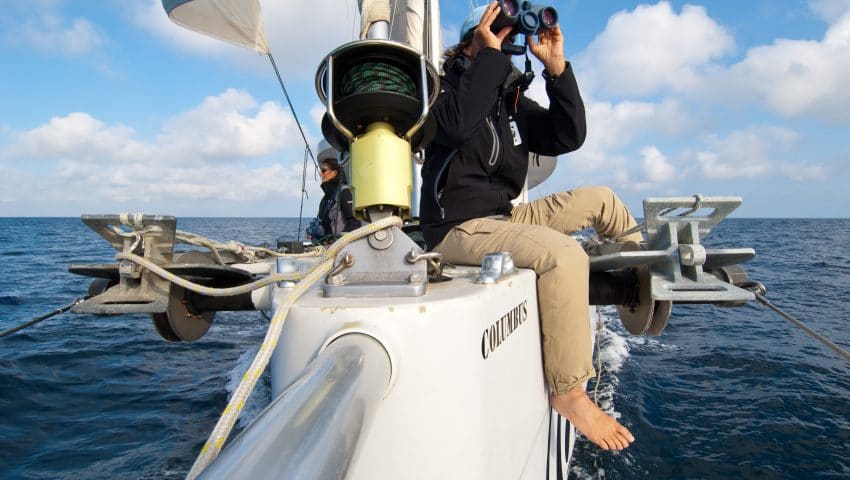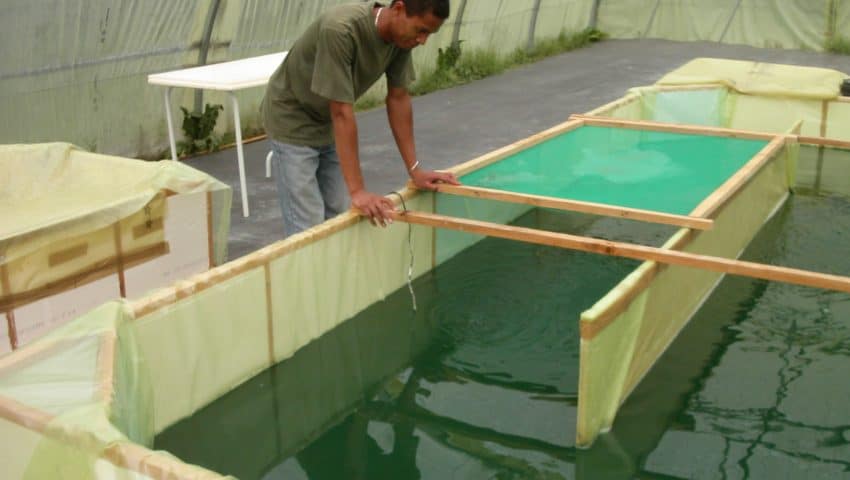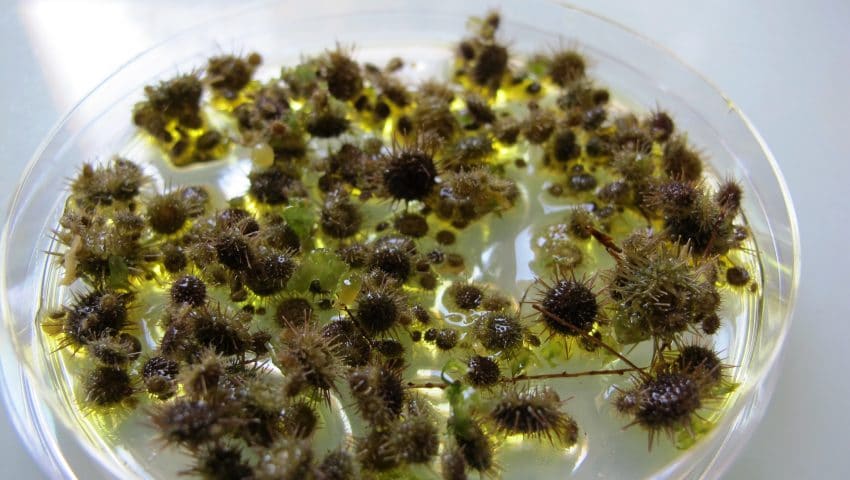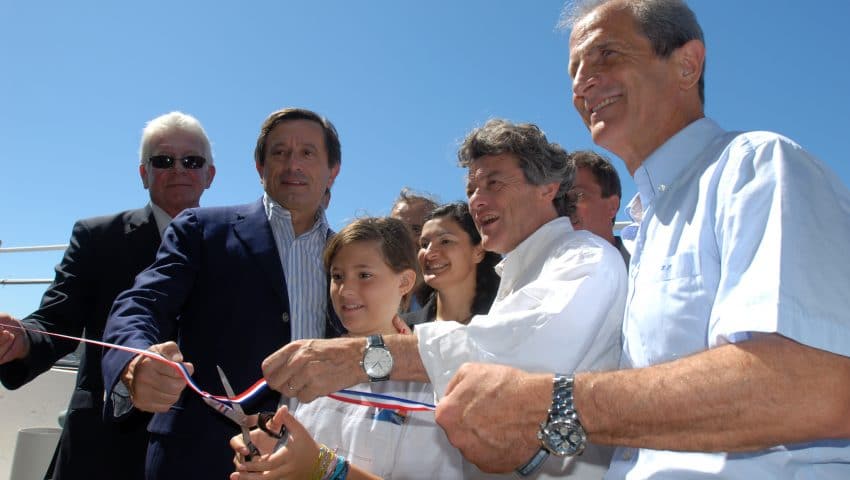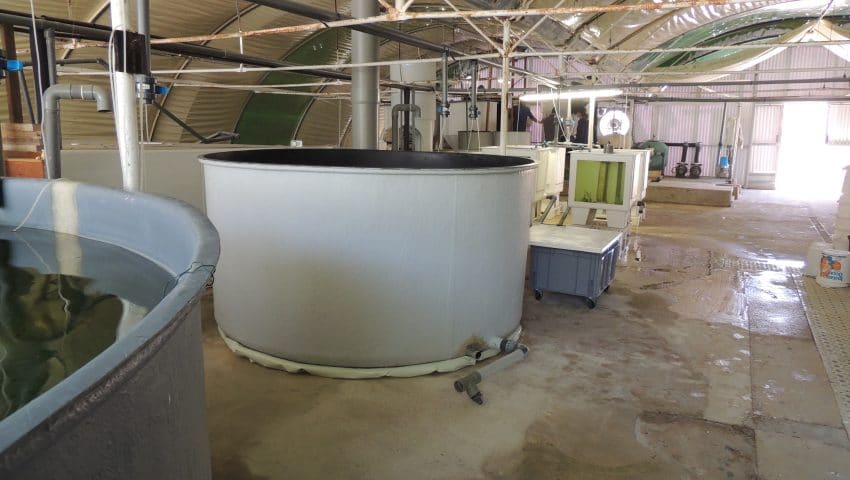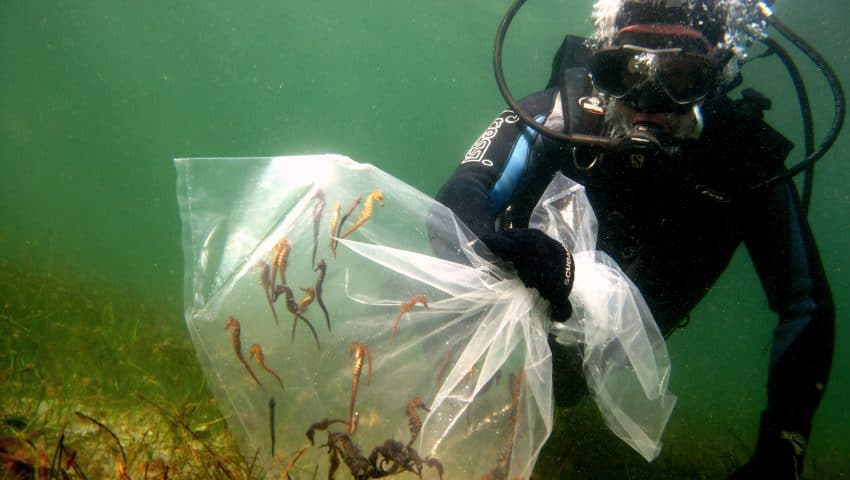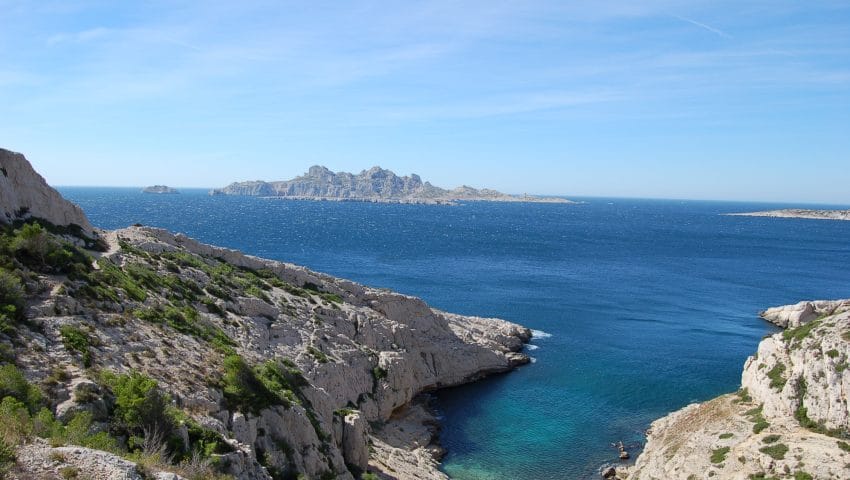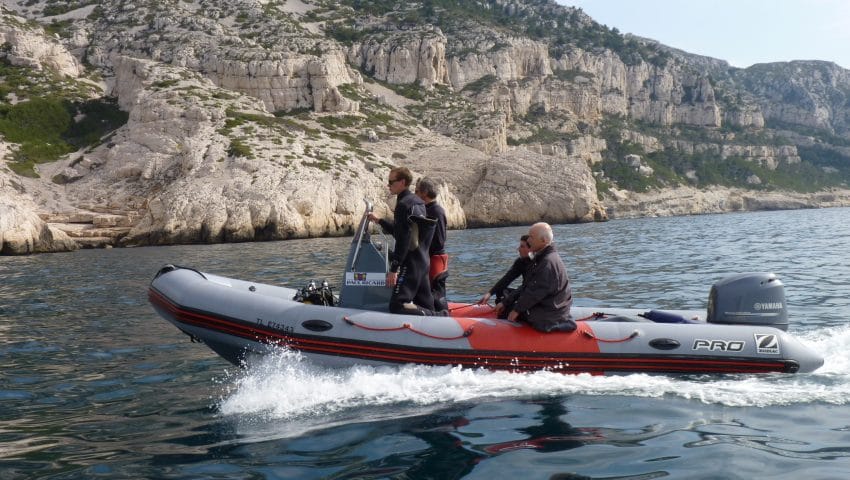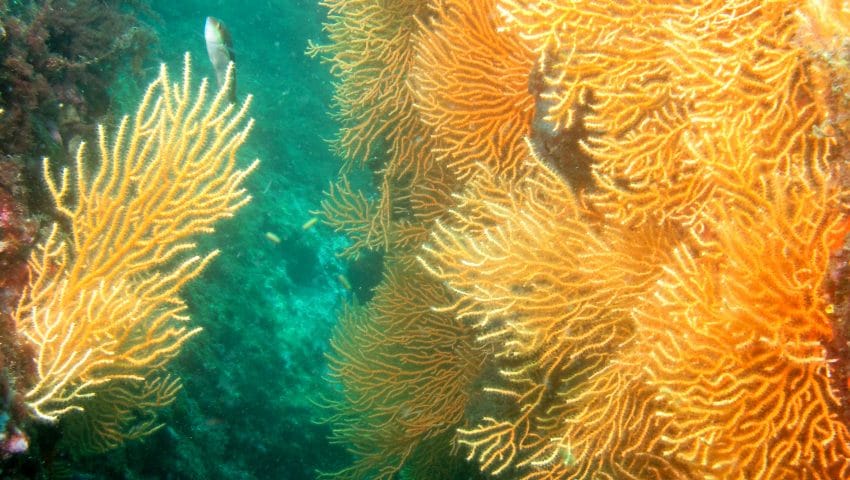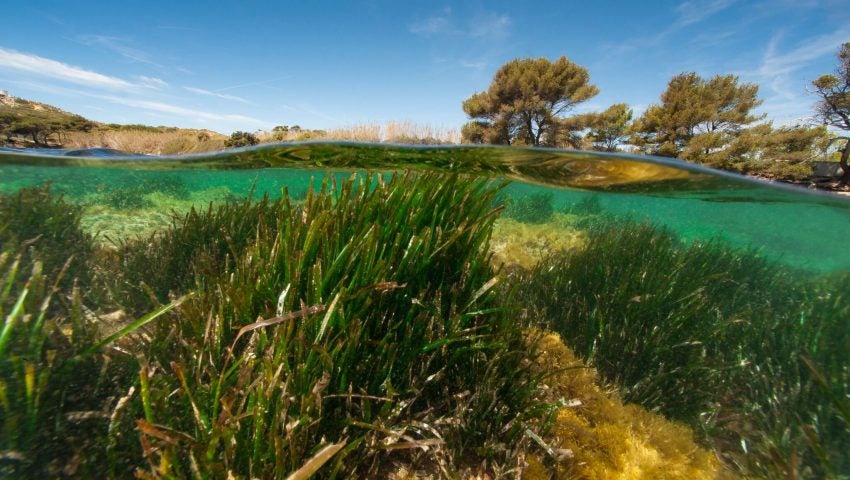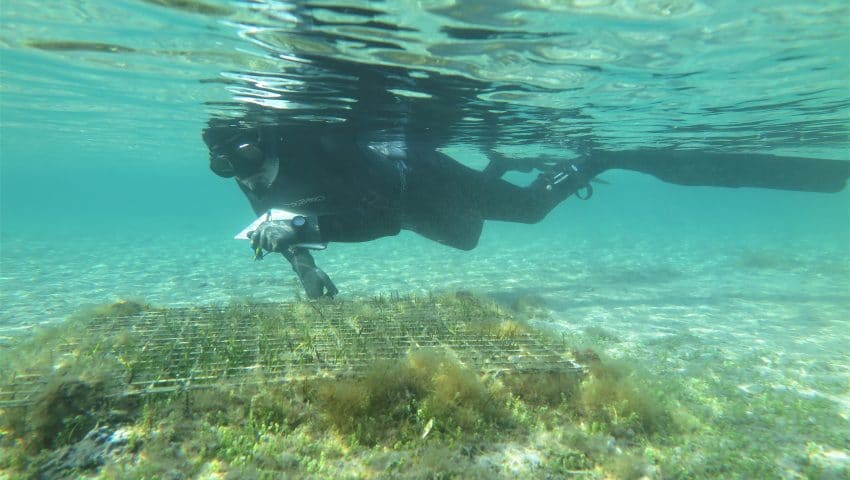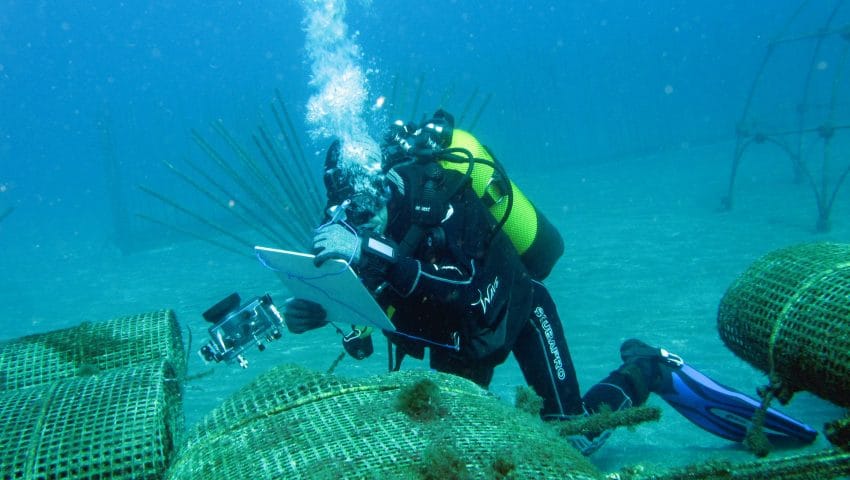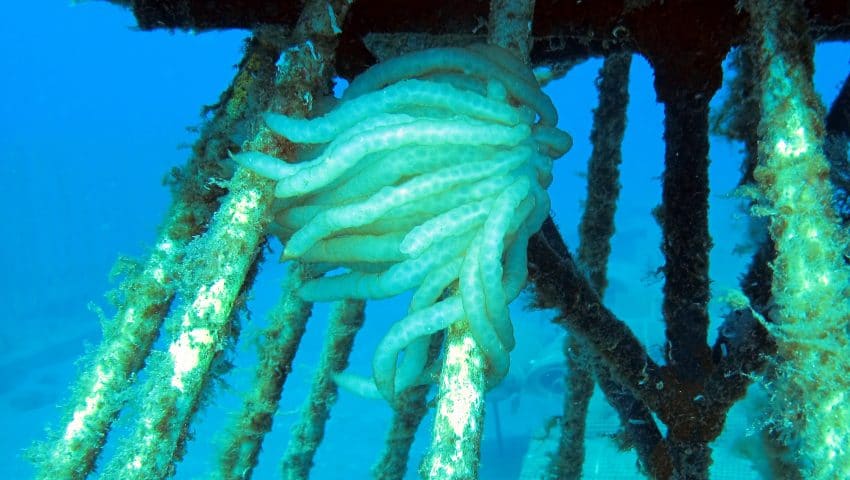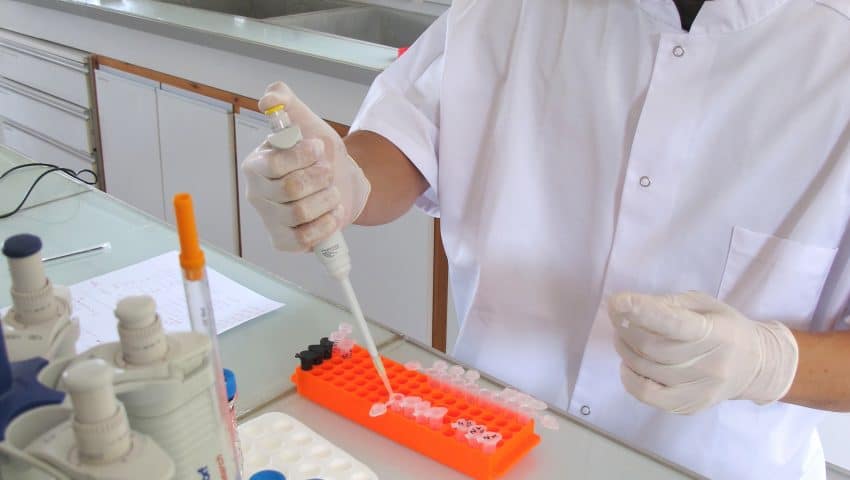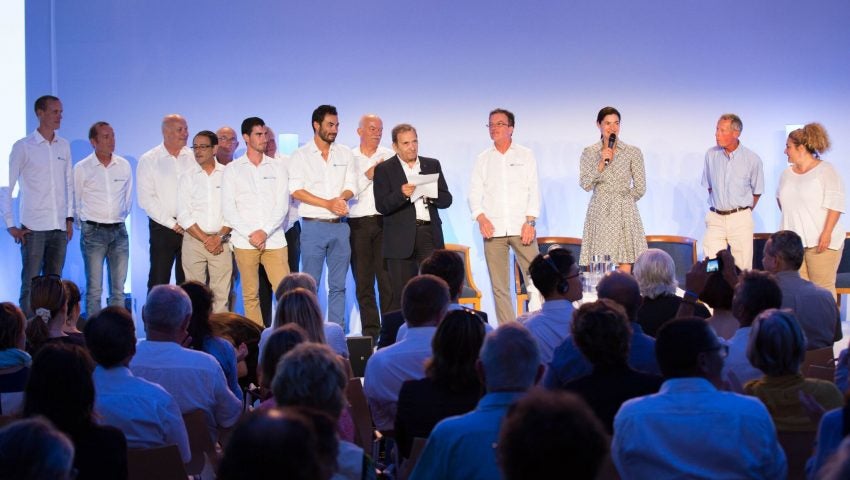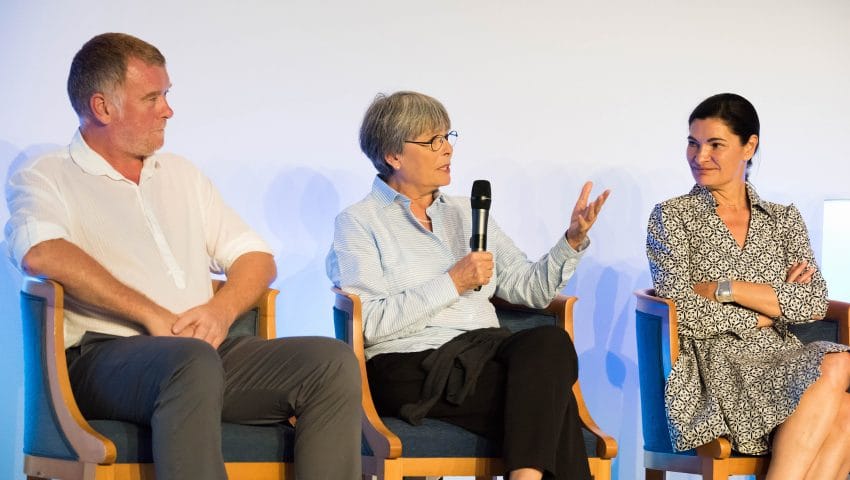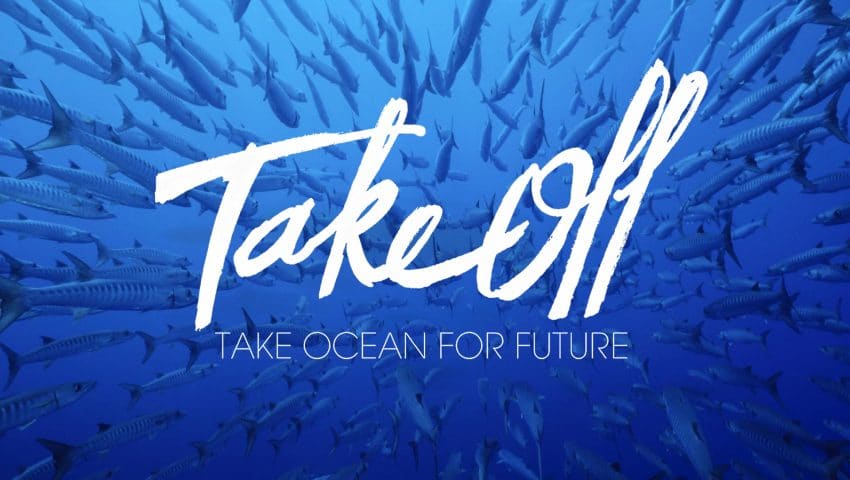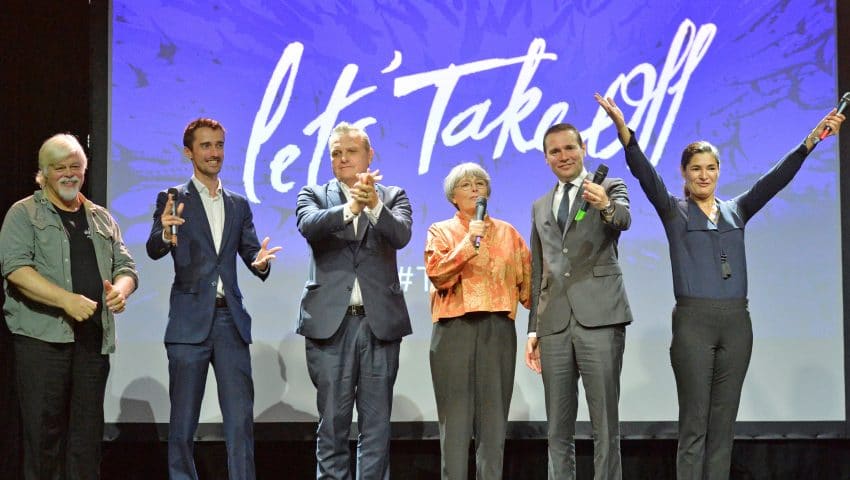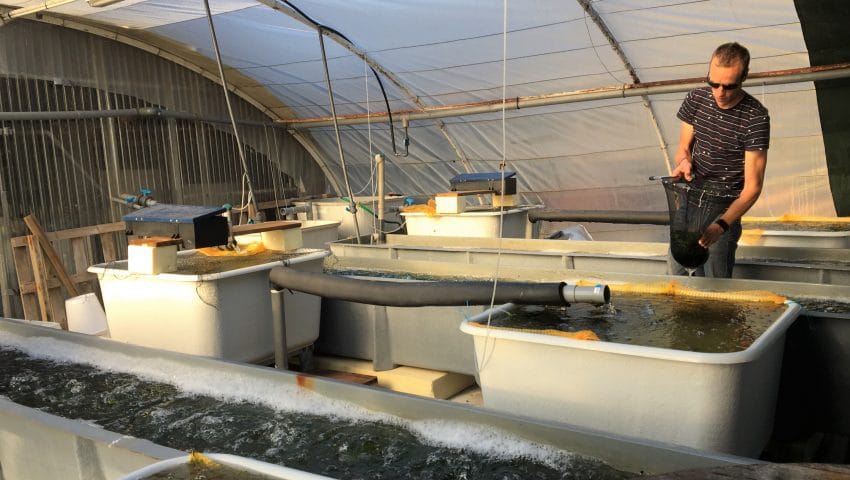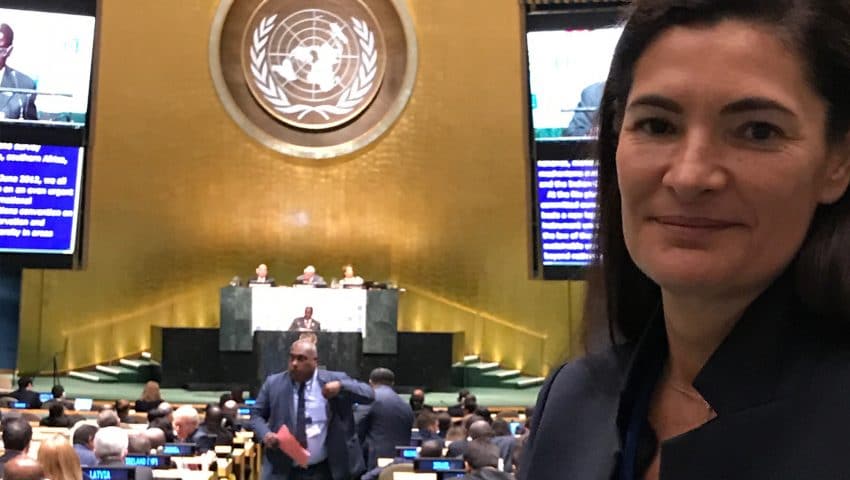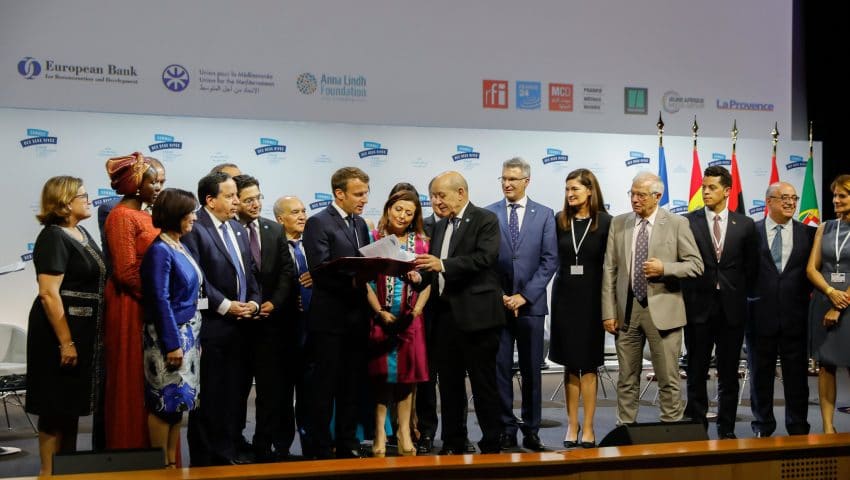50+ years of history
-
1963
“RED MUD” IN THE “BIG BLUE”
Paul Ricard, who was already actively fighting to protect the Provençal environment, and Dr Alain Bombard* campaign against plans to dump waste from bauxite processing (“red mud”) into the sea off Cassis (Bouches-du-Rhône).
Despite the efforts of local officials, scientists and public figures like Jacques Prévert, tests are said to show that the waste is not toxic, and the project is deemed to be in the public interest. In 1966, a pipeline is laid from the plant in Gardanne to what is now the Calanques National Park, causing one of the first cases of industrial pollution in the Mediterranean.
International Events
Creation of France’s first National Park, the Vanoise.
Creation of the Port-Cros National Park – now the oldest marine reserve in Europe and in France.
Illustration: extract from the film Bâtisseurs de conscience, by Christian Frasson-Botton & Daniel Combes, 2016
Commentary by Georges Pernoud (Thalassa). -
1966
A MARINE OBSERVATORY FOR UNDERSTANDING, EXPLAINING AND PROTECTING THE SEA
The anti “red-mud” campaign marks the beginning of a broader awakening to the threat marine pollution poses to the Mediterranean.
Paul Ricard and Alain Bombard found the Marine Observatory (Observatoire de la Mer – Fondation Scientifique Ricard) at Saint-Pierre Fort on Les Embiez island in the Var, dedicated to understanding, explaining and protecting the sea.
Microbiology, oceanography and zoology labs are installed in 1968 and outreach and campaigning begin at conferences and symposia in France and overseas.
An organisation with a joint mission of scientific research and public awareness-raising is unheard-of in the late 60s. The Observatory is the only private organisation of its kind backed by a corporate sponsor, Ricard.
› Portrait d’Alain Bombard, by Prof. Nardo Vicente, Scientific Director of the Paul Ricard Oceanographic Institute.
Illustration: extract from the film Bâtisseurs de conscience, by Christian Frasson-Botton & Daniel Combes, 2016 -
1972
A multidisciplinary research team
Nardo Vicente*, lecturer and director of the marine biology laboratory at the University of Marseille-Saint-Jérôme, becomes the Marine Observatory’s research director, recruiting a team of scientists specialised in marine ecology.
They begin working on the experimental aquaculture of bivalve molluscs, still a nascent discipline in France. Research looks mainly at the growth of local cockles, then other more established commercial species like clams.
International Events
Stockholm Conference – the United Nations places environmental issues centre-stage for the first time.
Creation of UNEP – the United Nations Environment Programme.
*More than 50 years later, Nardo Vicente – Professor Emeritus – is still the Scientific Director of the Paul Ricard Oceanographic Institute. Dr Jean-Luc Bonnefont is its Research Director.
-
1973
A public aquarium opens in Les Embiez
A public aquarium is opened at the Saint-Pierre Fort on Les Embiez island, making quite a splash as only the third of its kind on the French Mediterranean coast along with Banyuls-sur-Mer (Pyrénées-Orientales) and Monaco.
In the first year alone, over 50,000 visitors flock to view a live panorama of western Mediterranean fauna.
Teachers help organise Clean Beach days on Les Embiez and generations of children begin taking the symbolic action of removing waste from the beaches. Young people are sensitised to this visual pollution in a very concrete way and often start lecturing their parents.
These efforts to raise school children’s awareness of marine pollution are a pioneering initiative at the time.
Alain Riva*: “Ever since the Institute was founded, our core mission has been to help educate generations about environmental issues”.
International Events
United Nations Conference on the Law of the Sea (UNCLOS).
Signature of the Washington Convention (CITES) on International Trade in Endangered Species of Wild Fauna and Flora.
WWF France is established as a branch of the international conservation NGO.
* Doctor of Applied Biology, Head of the Paul Ricard Oceanographic Institute’s outreach activities (1974-2010).
-
1974
A respected journal
The first issue of Bulletin de l’Observatoire de la Mer (Fondation Scientifique Ricard) is published. It becomes Océanorama (1986-2002), a respected popular science journal now named La Lettre d’information. Feature articles cover key environmental issues like biodiversity conservation, climate change, bio-inspiration and ocean governance.
-
1977
Our research team gains recognition
Research into experimental shellfish aquaculture acquires a new dimension with the national Ecotron programme by CNEXO*. The objective is to optimise organic coastal production by monitoring and improving the yield of the lowest levels of the food chain, namely plant and animal plankton and shellfish.
The research team is awarded its first research contract and is recognised by the scientific community.* Centre national pour l’exploitation des océans, now called IFREMER (French Research Institute for Exploitation of the Sea).
Illustration: extract from the film Bâtisseurs de conscience, by Christian Frasson-Botton & Daniel Combes, 2016
Commentary by Georges Pernoud (Thalassa). -
1979
TREATING URBAN WASTE TO ENSURE THAT HUMAN ACTIVITIES ARE COMPATIBLE WITH MARINE LIFE
Coastal water quality is an increasing focus of the microbiology team under Yvan Martin and Jean-Luc Bonnefont (photos). Research also looks at the ability of faecal bacteria in urban effluent to survive in the marine environment*, a pioneering study in an era when there is no real understanding of what happens to human and animal faecal bacteria once it enters the sea.
Successive research missions run until 2002, beginning with IFREMER’s Urban Waste Programme in 1986 in Toulon bay, followed by the sanitation microbiology project within the National Coastal Oceanography Programme (PNOC), launched in 1993**.
The data gathered is used to model the effects of various factors on bacteria survival, leading to better positioning of wastewater outfalls to limit pollution.
BUILDING A CIVILISATION OF SEA-LOVERS
Habiter la mer is the first roaming exhibition by architect Jacques Rougerie for the Ricard Oceanographic Foundation. The exhibition runs until 1985, visiting hundreds of towns across France as well as Brazil, Poland and Tunisia.
This is followed by Vivre avec la mer, a free exhibition for French municipalities with panels and photos of model underwater habitats, which would run for 12 years.
In all, over a million visitors discover a futuristic vision of a new relationship with the sea and how we understand, exploit and manage it.
Jacques Rougerie: “With the Paul Ricard Oceanographic Institute, we worked to educate and inform, laying the foundations for a new approach to the marine world.”
CREATION OF VIE MARINE
The scientific journal created by Prof. Nardo Vicente, Scientific Director of the Paul Ricard Oceanographic Institute, becomes Marine Life – Vie Marine in 1992.
Today it is as dedicated to the Mediterranean as ever, as an online journal more in line with the needs of the scientific community.
* Joint program with Ministry of the Environment and CNEXO, then with CETE (Centre d’études techniques de l’Équipement-Méditerranée).
** With leading French research institutes and laboratories such as IFREMER, the Pasteur Institute in Paris, INSERM in Nice, and the Universities of Rennes, Nancy and Nantes.
-
1980
A PICTURE SPEAKS A THOUSAND WORDS
Public opinion progressively awakens to the impact of urban pollution in the French Mediterranean, but regulations are still flouted and wastewater treatment is inadequate.
Prof. Vicente and underwater film-maker Christian Pétron decide to film images showing the extent of the damage. They shoot underwater footage of wastewater at the marine outfall at Cap Sicié near Toulon (Var). Their documentary Pollutions et nuisances sur le littoral méditerranéen* shocks viewers and helps secure the adoption of a wastewater treatment plan for the Provence-Alpes-Côte d’Azur coastline (1980-2000) and the construction of sewage plants in Marseille (1987) and Toulon (1997).
TREATMENT OF PETROLEUM POLLUTION
Researchers at the Institute begin experimenting with the biodegradation of petroleum by marine bacteria** in specially built pools on Les Embiez (photo). Certain dispersants are also tested on marine microflora to evaluate their effect and toxicity.
A ONE-OF-A-KIND ECOPHYSIOLOGY LAB
Alain Riva builds an ecophysiology lab to research relationships between the marine environment and farmed animals. Unique experimental protocols are developed and combined with high-performance analysis techniques in partnership with Marseille University. The aim is to better define the various parameters of the main animal functions like feeding, breathing and excretion, and calculate the energy balance when certain physical and chemical factors are varied: temperature, salinity, dissolved oxygen, pollutants, etc.
CHILDREN & THE SEA
The Ricard Oceanographic Foundation, the French Ministry of Education and the French UNESCO clubs launch a drawing competition called La mer et l’enfant, which runs until 1986. It resumes in 1991 as an international poster competition, La jeunesse et la mer, under the auspices of the United Nations Environment Program and CMAS (World Underwater Federation). With the support of the FMISM (Aquatic-Festival,) this same competition would later become Aidons l’eau, aidons la vie and run until 2009.
Over a ten-year period, thousands of posters and models were submitted in various categories according to age and type of school, and from many different countries: France, Germany, Italy, Romania, Russia, Polynesia, Japan…
Alain Riva***: “The Paul Ricard Oceanographic Institute has become an integral part of regional education programmes to explain and protect the sea.”* With the SFRS (scientific research film department) – French Ministry of Education. The film won 15 awards including a Golden Palm for best scientific film at the Rio de Janeiro Film Festival in Brazil.
** With Drs Armand Bianchi and Jean Lepetit from the University of Marseille Science Faculty, in cooperation with the French Petroleum Institute.
*** Doctor of Applied Biology, Head of the Paul Ricard Oceanographic Institute’s outreach activities.Illustration: extract from the film Bâtisseurs de conscience, by Christian Frasson-Botton & Daniel Combes, 2016
-
1981
An oil spill response product
The Ricard Oceanographic Foundation helps develop a product for Elf-Aquitaine* that accelerates the natural breakdown of petroleum by marine bacteria in the environment.
INIPOL EAP 22 is used successfully in 1989 to clean up hundreds of kilometres of the Alaskan coastline after the sinking of the oil tanker Exxon Valdez.
In 1991, the product wins the Elf Seatrade Award for pollution response, the industry equivalent of an Oscar. The Paul Ricard Oceanographic Institute wins the French Academy of Sciences’ Grand Prix, presented to research director Yvan Martin (photo).
+ More information: “50 ans pour l’Océan” – Special issue of the Paul Ricard Oceanographic Institute’s newsletter – n°15 – 2017.*At the request of Bernard Tramier, the company’s Environment and Safety Director at the time.
-
1983
EXPERIMENTAL AQUACULTURE: KNOW-HOW FOR AQUACULTURE PROFESSIONALS
An experimental aquaculture plant is built at Les Embiez, investigating how to control the larval development of commercial species like sea bass and sea bream. This requires a complete understanding of several development phases in these fish (photos).
Researchers join some 20 labs as part of the Scientific Interest Grouping on Aquaculture in the Mediterranean region.
As well as its research results, the team provides training for installing aquaculture farms and promotes seafood, leading to the progressive establishment of aquaculture farms, particularly sea cages in Tamaris bay near Toulon.
In 1986, Prof. Vicente and Gilbert Barnabé, Director of the Aquaculture Centre in Sète, make the film Aquaculture en Méditerranée* to inform students and the general public.
* With the SFRS (scientific research film department) – French Ministry of Education.
-
1987
BIODIVERSITY CONSERVATION: SEA URCHIN SURVEILLANCE
Edible sea urchins are endangered in the Mediterranean due to overfishing, poaching and lax regulations. The Ricard Oceanographic Foundation launches an awareness campaign to save the edible sea urchin, mobilising public authorities, the general public, professional fisherfolk and scientists*. This comprehensive and innovative approach helps secure greater protection for the species. Regulations on fishing seasons and catch size are modified, reducing pressure on a resource of great economic value.
International Events
The term “sustainable development” is first coined in the Brundtland report by the United Nations’ World Commission on Environment and Development. The expression would become popular at the 1992 Earth Summit in Rio de Janeiro (Brazil).
The Montreal Protocol is signed to mitigate the harmful effects of chlorofluorocarbons on the ozone layer.
*Direction interrégionale des Affaires maritimes, CERAM (Centre des ressources animales marines) at the University of Aix-Marseille, and the Marseille sea urchin fishing union.
-
1990
CLIMATE CHANGE AND THE GREENHOUSE EFFECT
The Paul Ricard Oceanographic Institute begins working on climate change*.
Scientists study the effects of increased CO2 levels in coastal waters until 1995**. The aim is to assess how marine phytoplankton respond to a doubling in the amount of CO2 in the atmosphere, which experts predict will occur around 2100.
Studies underscore the important role played by physical and biological processes in pumping carbon dioxide from the atmosphere.
INFORMATION AND AWARENESS-RAISING ALWAYS AT THE FOREFRONT
The Paul Ricard Oceanographic Institute launches its own conference cycles (photo): Mercredis de la Mer on Les Embiez (1990), Mardis de l’Environnement in Paris (1991), and Marines in Toulon (1994).
In 1992, it begins offering a grant to French university and Grandes Écoles students (the Aidons l’eau, aidons la vie grant). Innovative projects on pollution, water management and underwater research are rewarded by a panel of experts, and the grant receives Ministry of the Environment patronage in 1994.
The film : Philippe Tailliez, Mémoire d’un Mousquemer on the history of modern underwater diving – directed by Christian Frasson-Botton and Philippe Cupillard –, wins the Special Jury Prize at the FMISM (Aquatic-Festival) in 1995. Parts of the film were shot on Les Embiez in the Var with Jacques-Yves Cousteau and Philippe Tailliez present.
In 1996, the Institute oversees the editorial and scientific team producing the book Fragile Méditerranée (Edisud). It produces the educational CD-Rom Kampi – Aventures en Méditerranée, which wins the Golden Palm at the FMISM (Aquatic-Festival).
* with Elf-Aquitaine.
** with the Institut National des Sciences de l’Univers (INSU), the French National Center for Scientific Research (CNRS) and Elf-Aquitaine. -
1992
BIODIVERSITY CONSERVATION: FAN MUSSELS GAIN PROTECTED STATUS
The Pinna nobilis fan mussel is added to the list of protected invertebrates and their fishing is banned*. Having helped inventory these large bivalves in the Port-Cros National Park** since 1965, Prof. Vicente – Scientific Director of the Paul Ricard Oceanographic Institute – hails this is a victory. Research today mainly studies the species’ biology and physiology, and larvae capture is used to analyse juvenile recruitment.
International Events
A new, global awareness of environmental issues is born at the 2nd Earth Summit in Rio de Janeiro.
* by an Order dated 26 November 1992. Fan mussels are also covered the European Union’s Habitats Directive 92/43/CEE on the conservation of natural habitats and of wild fauna and flora.
** The Poseidon inventories were run by the French Navy under the command of Philippe Tailliez. -
1993
BIODIVERSITY CONSERVATION: MORATORIUM ON DUSKY GROUPER
A moratorium on the spearfishing of dusky grouper comes into effect in the western Mediterranean, and is continuously extended until 2023, also applying to hook and line fishing. The ban proves to be a lifeline for the species and populations gradually recover. The Ricard Oceanographic Foundation takes part in the GEM research group on grouper*. Patrick Lelong, researcher and secretary general of GEM studies the biology and reproduction of this emblematic species.
* Group established in 1986. The Ricard Oceanographic Foundation joined GEM in 1991.
-
2002
QUALITY OF COASTAL WATERS: SUPPORTING ENVIRONMENTAL DECISION-MAKING
The research team joins the European Programme I-Marq (Information on marine environment quality)*. Over a 3-year period, a dozen laboratories design and implement an online environmental decision-making tool that provides real-time information on coastal water quality. The tool helps decision-makers comply with statutory water quality levels and benefits all users of coastal waters. The Paul Ricard Oceanographic Institute has now been helping monitor and improve the quality of wastewater effluent for thirty years.
International Events
The Earth Summit in Johannesburg (South Africa) adopts its Action Plan, essentially a set of general declarations on sustainable development.
* With the Ministry of the Environment and Sustainable Development and the European Union.
-
2005
PATRICIA RICARD BECOMES CHAIR OF THE PAUL RICARD OCEANOGRAPHIC INSTITUTE
Patricia Ricard becomes the Chair of the Paul Ricard Oceanographic Institute.
The granddaughter of the organisation’s founder, she had been a member of the Board of Directors since 1986.International Events
The Kyoto Protocol on reducing greenhouse gas emissions comes into force.
-
2006
Natura 2000 Network
Scientists at the Institute begin analysing and mapping marine habitats of community interest in the Brusc lagoon in the Var, part of the Natura 2000 network. The study lasts until 2010 and forms the basis of recommendations produced after consulting local stakeholders. The objective is to strike a balance between environmental protection and economic development.
-
2007
Partnership with WWF-France
The Paul Ricard Oceanographic Institute signs a 4-year partnership agreement with WWF-France. The programme involves studying Mediterranean cetacean populations, looking at the effects of pollution on food chains and marine life, and sustainable tourism.
International Events
The Nobel Prize is awarded jointly to the IPCC (Intergovernmental Panel on Climate Change) for its reports to the UN on the highly probable impact of human activities on the climate, and to Al Gore for his documentary on global warming An Inconvenient Truth.
-
2008
Spirulina cultivation
An international symposium on Spirulina* and Development is organised in Toliara (Madagascar) by its University’s Fisheries & Marine Sciences Institute in partnership with the IRD (the French National Research Institute for Sustainable Development) and the Paul Ricard Oceanographic Institute, which is represented by Prof. Nardo Vicente and Dr Alain Riva. Spirulina helps fight malnutrition in poverty-stricken countries.
The Paul Ricard Oceanographic Institute began greenhouse cultivation of spirulina in 2004 in Méjanes in the Camargue (south of France) and continued experimentally growing the blue-green algae for food purposes until 2010 as part of a European programme spearheaded by the Roquette Group.
* Spiral-shaped cyanobacteria more commonly known as blue-green algae.
-
2009
An experimental hatchery
Jean-Louis Borloo, Minister of the Environment and Sustainable Development, officially opens the experimental hatchery* on Les Embiez island in the Var (photo). This nursery produces emblematic and commercial species like seahorses and sea urchins for repopulation experiments and biodiversity conservation.
International Events
The Copenhagen climate summit ends in disappointment with no quantified commitments to reduce greenhouse gas emissions.
* Supported by the Caisse d’Épargne Côte d’Azur bank.
-
2011
Corporate Sponsorship Award
The Paul Ricard Oceanographic Institute and the Caisse d’Épargne Côte d’Azur bank win the first Environmental Corporate Sponsorship Award in the marine environment category, for an experimental hatchery on Les Embiez island.
International Events
Publication of the French edition of Janine M. Benyus’s book Biomimicry: Innovation inspired by Nature.
-
2012
Environmental monitoring
Researchers begin an exhaustive inventory of fauna and flora in the Calanque de Podestat in the Calanques National Park in Marseille*. This type of environmental monitoring involves collecting and analysing data to assess how populations in the marine protected area are responding to various environmental factors.
+ More information on this programme
Under the Ich.T.O. programme, the Paul Ricard Oceanographic Institute inventories fish in the waters of west Toulon (Var) to evaluate fish resources in the area, gathering key data to help conserve and sustainably exploit our natural resources**.
* For EDF, which has owned the calanque since 1930.
** Part of the second Toulon Bay contract. -
2013
Rehabilitation of shallow coastal waters
The Institute’s LANDEAU programme highlights the important role that the Brusc lagoon in the Var plays as a fish nursery, and how the habitats there can be restored. The study is part of broader research on the rehabilitation of shallow coastal waters in the Mediterranean.
-
2014
Ocean & Climate Platform
The Paul Ricard Oceanographic Institute is a founding member of the Ocean & Climate Platform, which brings together scientific organisations, universities, NGOs and foundations advocating for oceans to be given more importance in climate negotiations. The COP21 Paris Agreement in 2015 is a victory for the Platform and an historic moment for the planet, recognising Oceans for their vital role in balancing our climate.
Rehabilitation of a degraded environment
Researchers launch a new environmental monitoring project, this time for rehabilitating a degraded environment, by observing how fish colonise innovative artificial reefs submerged near the outfall from the Amphitria wastewater treatment plant at Cap Sicié (near Toulon in the Var).
Fighting chemical pollution: nature-based solutions
Scientists at the Institute first tested the toxic effects of tin-based antifouling paint in the 1990s*. Their current research on antifouling focusses on biomimicry, in an innovative biological engineering study directed by Dr Robert Bunet**. Researchers are developing ways to test the effectiveness of natural antifouling products, specifically molecules extracted from algae that exhibit promising antifouling abilities.
* Commissioned by Elf Aquitaine.
** In partnership with the MAPIEM lab at Toulon University. -
2016
50th anniversary
Anniversary celebrations are held on Saturday 9th July at the Paul Ricard Oceanographic Institute’s historic headquarters on Les Embiez (Var). International experts join Patricia Ricard as she moderates a scientific forum entitled Bâtisseurs de conscience – mer Méditerranée, océan modèle.
Launch of Take OFF, Take Ocean For Future
A corporate sponsorship project designed to help young researchers around the world protect our Oceans. Students from the prestigious National Korea Maritime and Ocean University join the Institute’s research team on Les Embiez to work on innovative programmes there.
Patricia Ricard says: “It is time for science and research to move beyond disciplinary, national and cultural boundaries. It is time for us all to stand up for life and for the Oceans.”
Integrated multitrophic aquaculture (IMTA): the virtuous circle
Scientists at the Paul Ricard Oceanographic Institute contribute to developing a new approach to conventional aquaculture inspired by nature, aimed at making the activity more sustainable, profitable and environmentally-friendly.
A new wat to detect biodiversity
A research programme for developing environmental DNA methodology as an innovative tool for detecting and identifying marine species.
-
2017
Patricia Ricard, spokesperson for the Ocean & Climate Platform
The Chair of the Paul Ricard Oceanographic Institute speaks at key international conferences including the United Nations’ Ocean Conference, COPs, etc.
+ More information: Paul Ricard Oceanographic Institute’s newsletter – n°16 – 2018
-
2018
Ocean governance
The Paul Ricard Oceanographic Institute publishes a feature article on Ocean Governance in its newsletter.
+ More information: Paul Ricard Oceanographic Institute’s newsletter – n°16 – 2018.
International Events
Negotiations begin for a treaty for the conservation and sustainable use of marine biological diversity of areas beyond national jurisdiction (BBNJ).
-
2019
Summit of the Two Shores: Patricia Ricard leader of the French delegation
Patricia Ricard was nominated as leader of the delegation by President Emmanuel Macron. The Summit brought together at Marseille on 23rd and 24th June representatives of civil society from countries around the Mediterranean with the aim of defining ‘commitments for a new ambition in the Mediterranean’.
International Events
Publication of the IPCC special report on the Ocean and the cryosphere (sea ice, glaciers, ice caps and permafrost). It highlights the urgency of the battle against climate change.
A Climate Action Summit was organised by António Guterres, Secretary General of the UN. The aim was to speed up the implementation of the Paris Agreement on climate change.
One Planet Summit at Nairobi (Kenya): the One Planet coalition called for effective action. Public and private sector actors, members of the general public and leading deciders, they are working together to take action for a common purpose: to speed up the worldwide transition to a low-carbon economy.
-
2020
Change NOW Summit
Change Now Summit :This event in Paris brought together the proposers of a thousand solutions for the planet, from 120 countries. Patricia Ricard took part in the round table: “The Ocean, the planet’s lungs”.
International Events
World Impact Summit: International summit on solutions for the planet. Patricia Ricard spoke on the theme of the Ocean, a key factor in the battle against climate warming.
-
2021
Is biodiversity the solution?
A feature article on “biodiversity as a solution” in the Institute’s Newsletter.
International Events
IUCN international congress takes place in Marseille (France). Patricia Ricard and the researchers from the Institute mainly contributed on the topic of nature-based solutions and biodiversity.
-
2022
International Events
One Ocean Summit: the One Ocean Summit at Brest brought together representatives of civil society and heads of state. Patricia Ricard was one of the event’s ambassadors.
Forum des Mondes Méditerranéens: around 500 actors from civil society in the Mediterranean region shared their solutions to meet the challenges to come. Patricia Ricard was one of the speakers.

